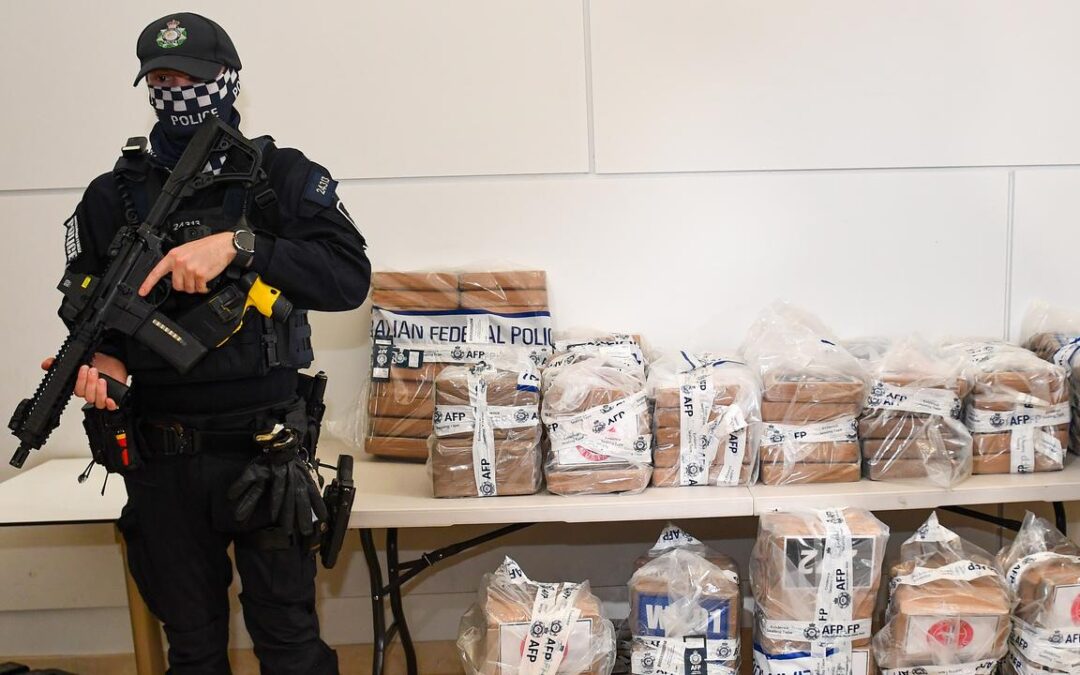
War on drugs a ‘costly failure’ amid record consumption
Australia’s insatiable appetite for illicit drugs is fuelling demand from international crime groups and drug dealers cashing in on the lucrative market, prompting calls for a fresh approach.
Analysis of wastewater by the Australian Criminal Intelligence Commission, in partnership with universities, detected a growth in consumption of major illicit drugs around the nation.
Methylamphetamine (ice), cocaine and heroin were all found at record highs in the latest analysis, which began in 2016.
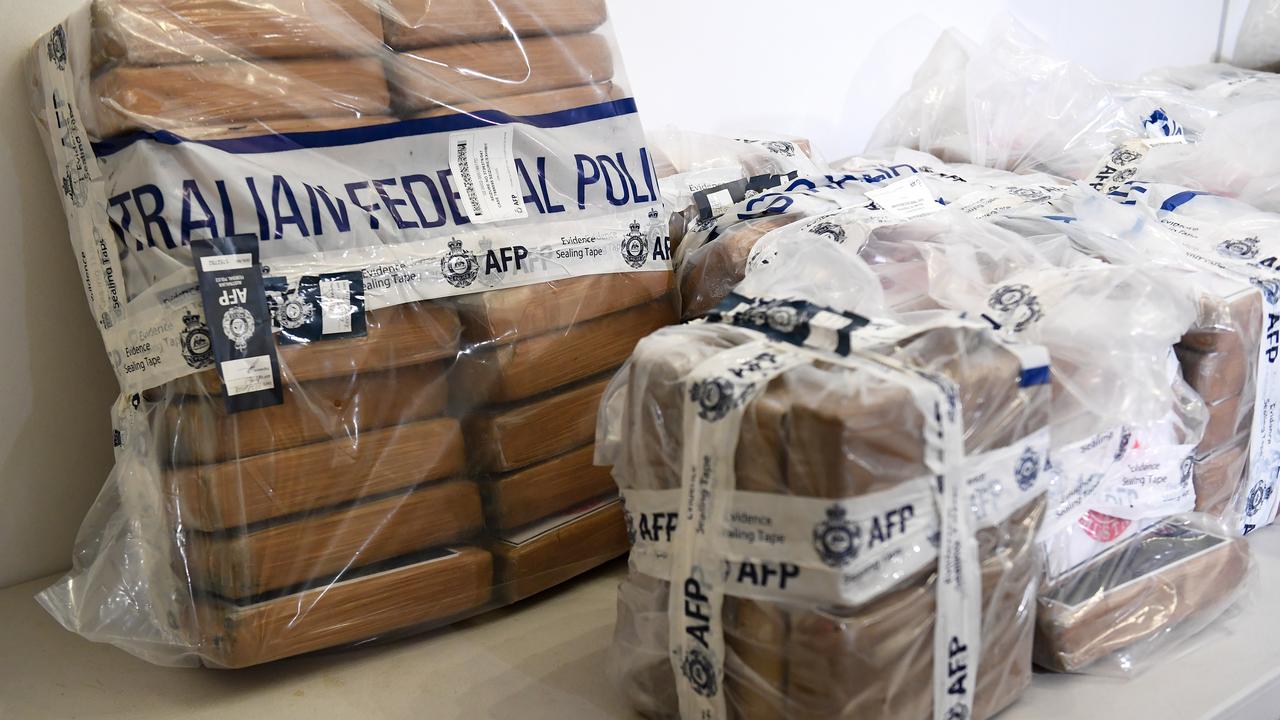
More than 22 tonnes of those three drugs, as well as MDMA (ecstasy), was consumed in Australia in the year to August 2024, according to the wastewater analysis.
It has boosted the illicit drug trade and the profits for organised criminals, with an estimated $11.5 billion spent.
Ice consumption rose to an estimated 12.8 tonnes.
Cocaine use increased almost 70 per cent, MDMA almost 50 per cent and heroin almost 15 per cent.
The commission’s drug specialist Shane Neilson said the market was rebounding after consumption dropped amid tighter border controls and lockdowns during the COVID-19 pandemic.
Large profits from a consumer base willing and able to pay higher prices than other global markets are driving the business.
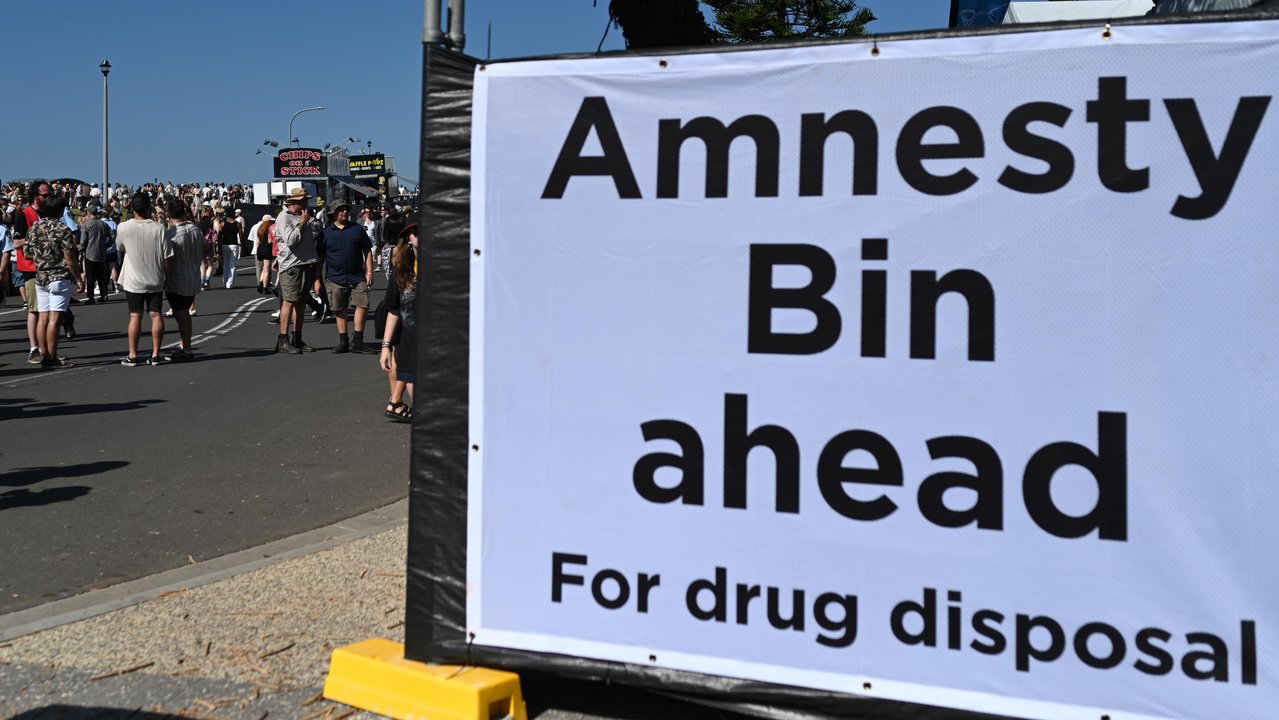
Drug traffickers will throw tonnes of product at Australia’s borders, knowing whatever gets through will make enough money to outweigh losses from seizures, some of which outweigh total detected annual consumption, Mr Neilson said.
“It’s just a relentless determination of transnational and domestic serious and organised crime groups to continue to supply the Australian market,” he said.
Home Affairs Minister Tony Burke said the increase in consumption was in line with other nations with comparable economies.
He praised government agencies for “stopping more illegal drugs than are making it over the border”.
“This is preventing a huge amount of harm, including sparing our community from the extent of the opioid crisis that we have seen in so many other countries,” he said.
Organised crime groups are also thought to be fuelling a rise in illicit tobacco, but while nicotine consumption reversed a decline in the second half of 2024, it’s impossible to determine what proportion of it was obtained on the black market.
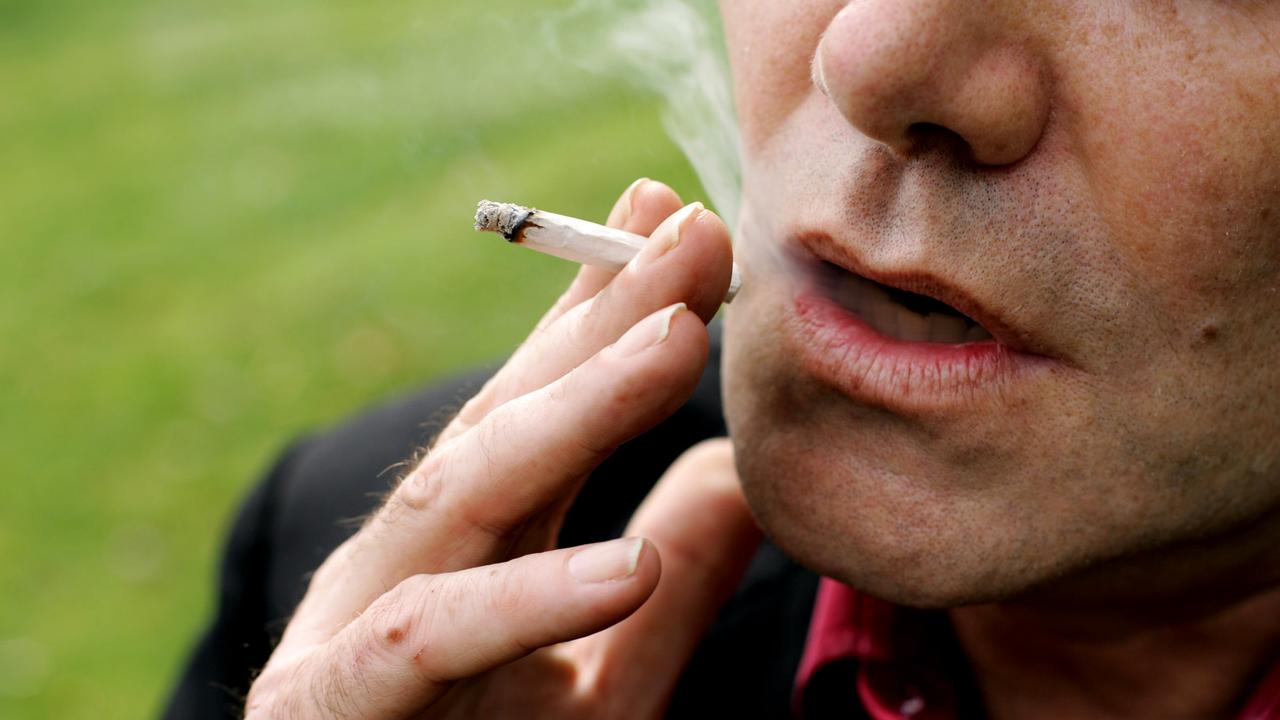
Ketamine use is also rising.
Forensic analysts believe the majority of the general anaesthetic being consumed is imported and illicit, with the drug’s use in medical and veterinary settings less prevalent.
It’s the same for cannabis, despite thousands of people having it medically prescribed.
“Although the number of users of medicinal cannabis is increasing, it’s small relative to the overall use of cannabis,” Mr Neilson said.
The nation’s multibillion-dollar splurge on illicit drugs sends profits solely to organised criminals, the crime commission said.
“There is no taxation on these profits and economically it does have an impact,” Mr Neilson said.
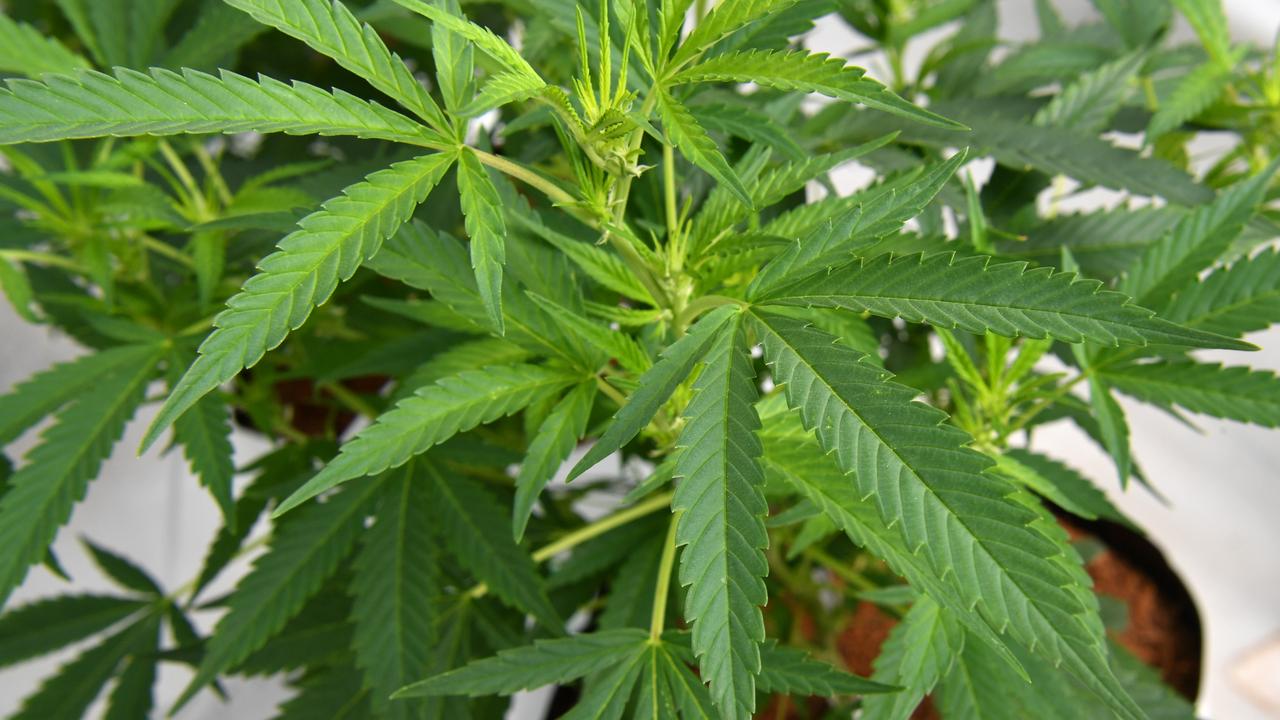
The data provided the strongest evidence yet “that the so-called ‘war on drugs’ is a catastrophic and costly failure,” NSW Greens MP Cate Faehrmann said.
“Despite record police seizures and billions poured into enforcement, more people are using more drugs than ever before,” she said.
“The only winners are the organised crime bosses raking in billions.”
She repeated calls for the NSW government to respond to recommendations from a drug summit it received in April.
The latest National Drug Strategy Household Survey suggests almost one-in-two Australians aged 14 and older – 10.2 million people – had illicitly used a drug at some point in their lifetime, including the non-medical use of pharmaceuticals.
An estimated one in five Australians, or 3.9 million, have used in the past 12 months.
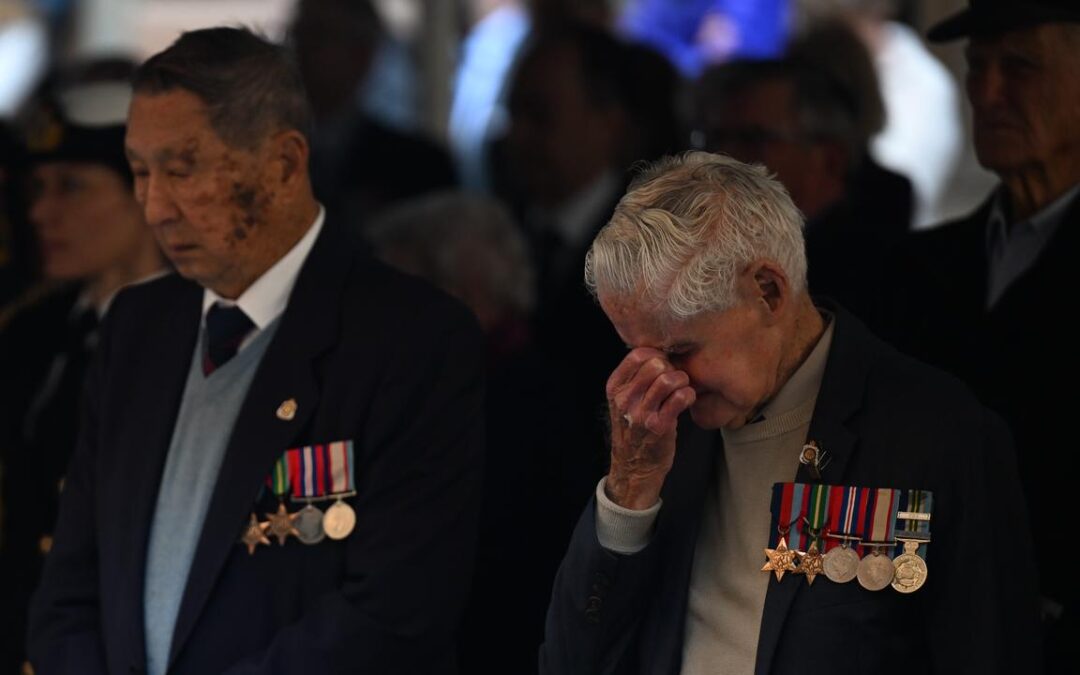
World War II: 80 years since ‘nightmares made real’
Anthony Albanese has paid tribute to war veterans as he joined thousands across the nation to commemorate 80 years since the end of the Second World War.
The prime minister’s address at the Sydney Cenotaph on Friday touched on the the words his wartime predecessor Ben Chifley had uttered to the nation on August 15, 1945: “fellow citizens, the war is over”.
“It was a sentence of perfect simplicity, but infinite power,” Mr Albanese said.
On the 80th Victory in the Pacific Day, when Japan accepted the terms of surrender to the Allied forces sparking the end of World War II, Mr Albanese paid tribute to all the stories of courage, resilience, exhaustion, fear and elation and the endless longing for the home so many never saw again.
Almost one million Australians served in uniform during the war, but some 40,000 never got to see its conclusion.
About 66,000 were wounded, while many thousands more became prisoners of war, with 8000 dying in captivity.
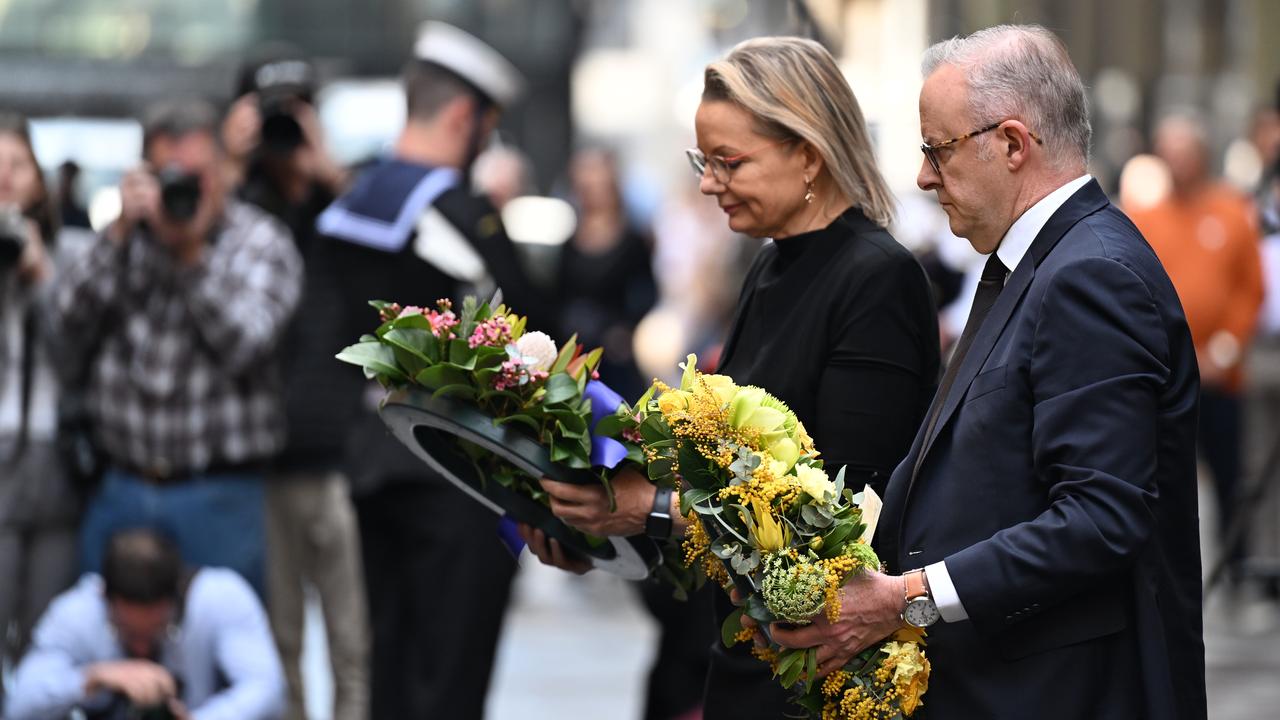
“Every life and dream and future swallowed in that vortex of madness and cruelty, from every battlefield and every burning city, from the prisoner of war camps to the unprecedented horror of the concentration camps,” Mr Albanese said.
“These were nightmares made real – not by monsters but by human beings in a grotesque perversion of humanity.”
One of those stories, of country boy Frederick Balfe Emanuel, who flew a B-24 bomber over Borneo in July 1945 but did not live long enough to witness the end of the war, was honoured on Friday.
At age 22, Emanuel enlisted in the Australian army, serving in New Guinea before joining the Far Eastern Liaison Office, where he participated in dangerous reconnaissance missions.
“His story is a heartbreaking reminder of how close some came to seeing peace yet never returned home,” memorial director Matt Anderson said.
Commemorative services were held across the nation to mark Victory in the Pacific Day, including at the Sydney Cenotaph, the National War Memorial in Canberra, the Shrine of Remembrance in Melbourne and a fly-past over the National War Memorial in Adelaide.
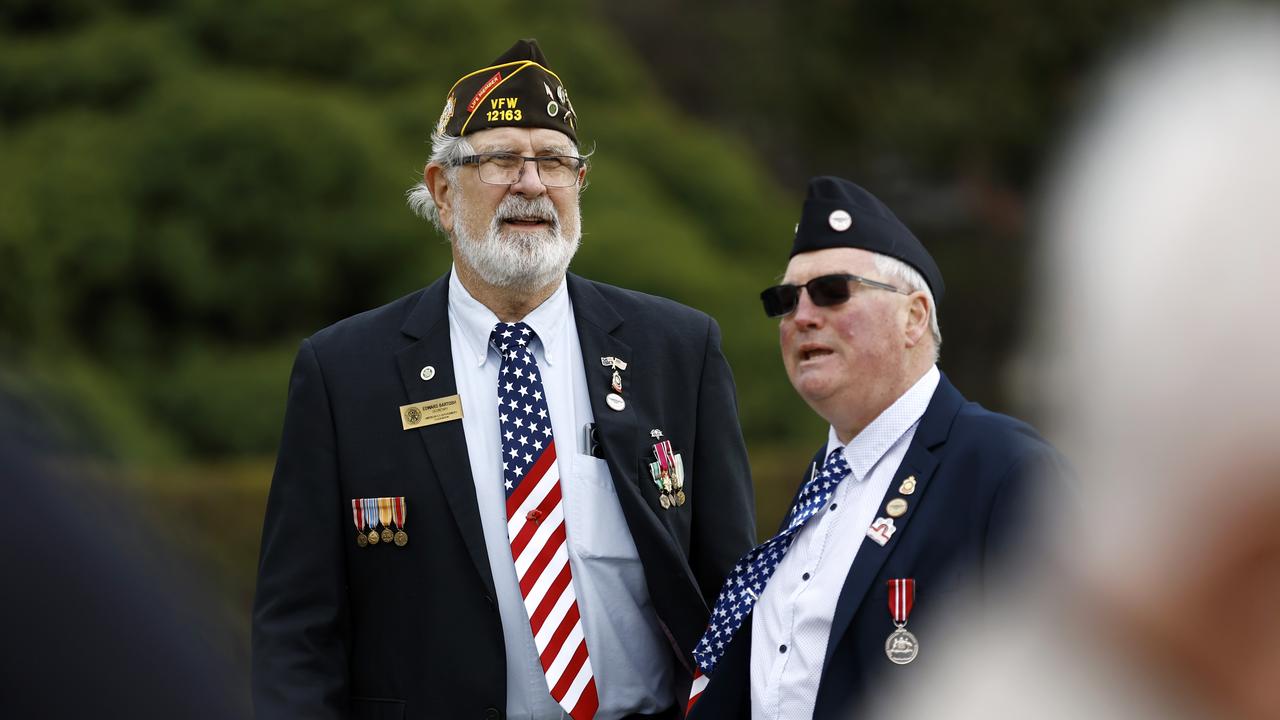
Federal Veterans’ Affairs Minister Matt Keogh said the day marked the end of a great darkness – brought on by the most devastating global conflict in human history.
Australia played a significant role in the Pacific during World War II, fighting against Japan from 1941 to 1945.
Initially, Australian forces engaged in campaigns in Malaya and Singapore.
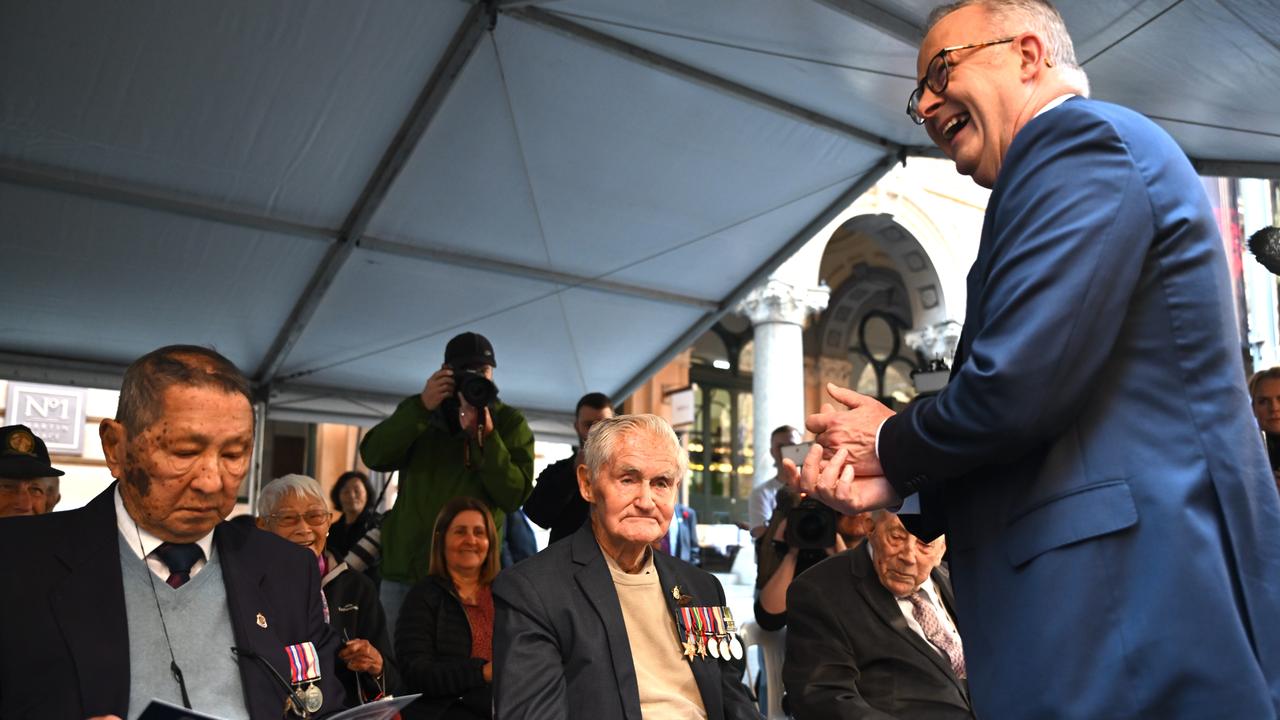
After the bombing of Darwin in February 1942, the focus shifted to defending the Australian mainland and supporting the US-led counteroffensive in the Pacific.
RSL national president Greg Melick said the occasion was an important time to recognise the sacrifices of so many fallen soldiers.
“The end of the war brought heartache for many families when, after years of waiting for news of the missing, they were told that their loved ones were not coming home,” Mr Melick said.
Lifeline 13 11 14
Open Arms 1800 011 046
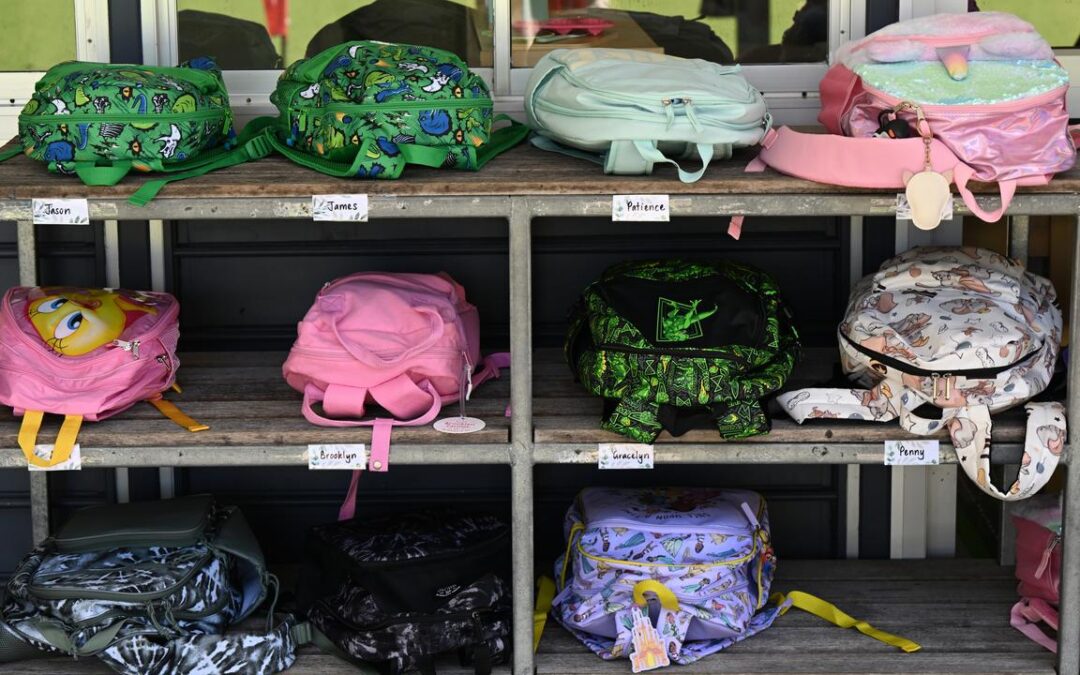
Tougher national working with kids scheme by year’s end
People banned from holding a working with children check in one jurisdiction will be banned in all under fast-tracked reforms to be delivered by the end of the year.
Attorney-General Michelle Rowland announced on Friday her state and territory counterparts had committed to a “long overdue” scheme, where different systems across the nation will communicate with each other.
But there won’t be a national working with children check, with jurisdictions to continue managing their own systems.
“We now have a moment as a country, as a federation, to get this done,” she told reporters in Sydney.
“Attorneys-general today agreed to toughening the system by ensuring that if you’re banned from holding a working with children check in one jurisdiction, you are banned in all of them.”
Ms Rowland said her counterparts supported accelerating delivery of the reform by the end of the year.
“There is a firm commitment from all states and territories to pull out all stops and we are working together as a team,” she said.
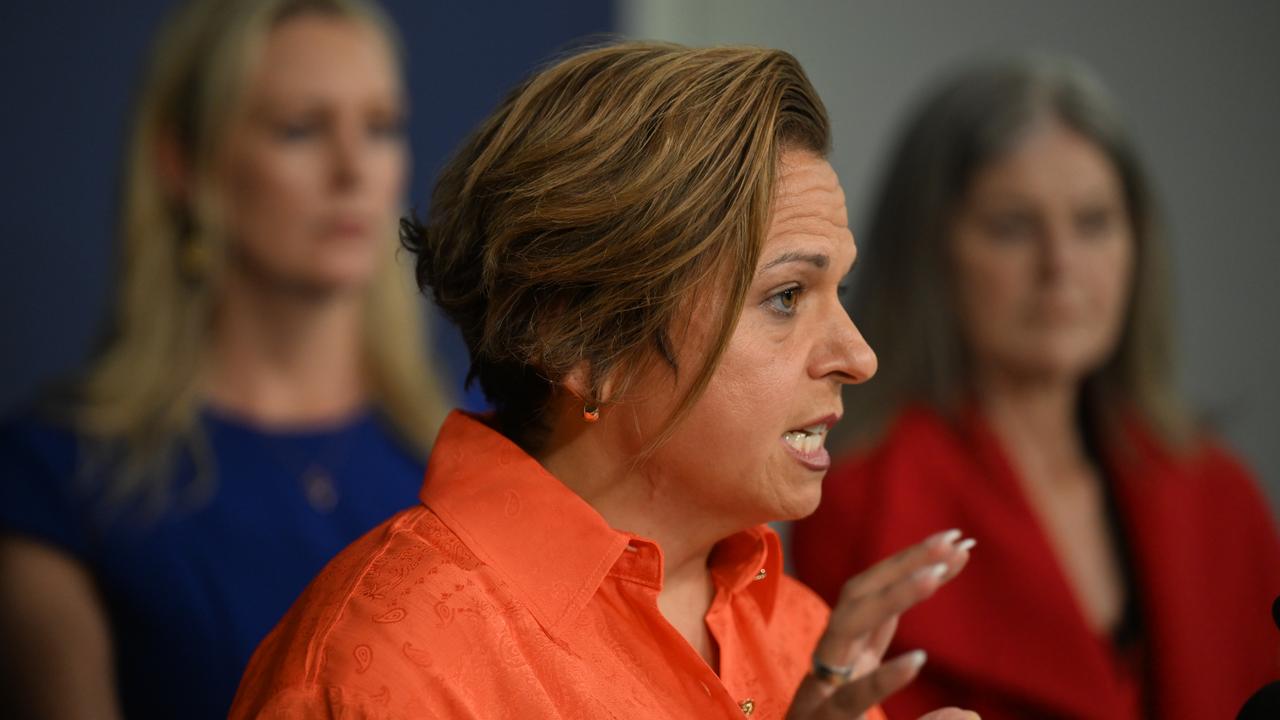
Education Minister Jason Clare also announced compliance action had been initiated against 30 early childhood centres under laws passed by the federal parliament in July.
Under the changes, funding will be stripped from centres not meeting safety standards.
Calls for a unified system have been growing following multiple reports of abuse in childcare centres.
In one case, a Victorian childcare worker was allowed to retain his working with children check and work in the sector despite a major provider substantiating grooming allegations.
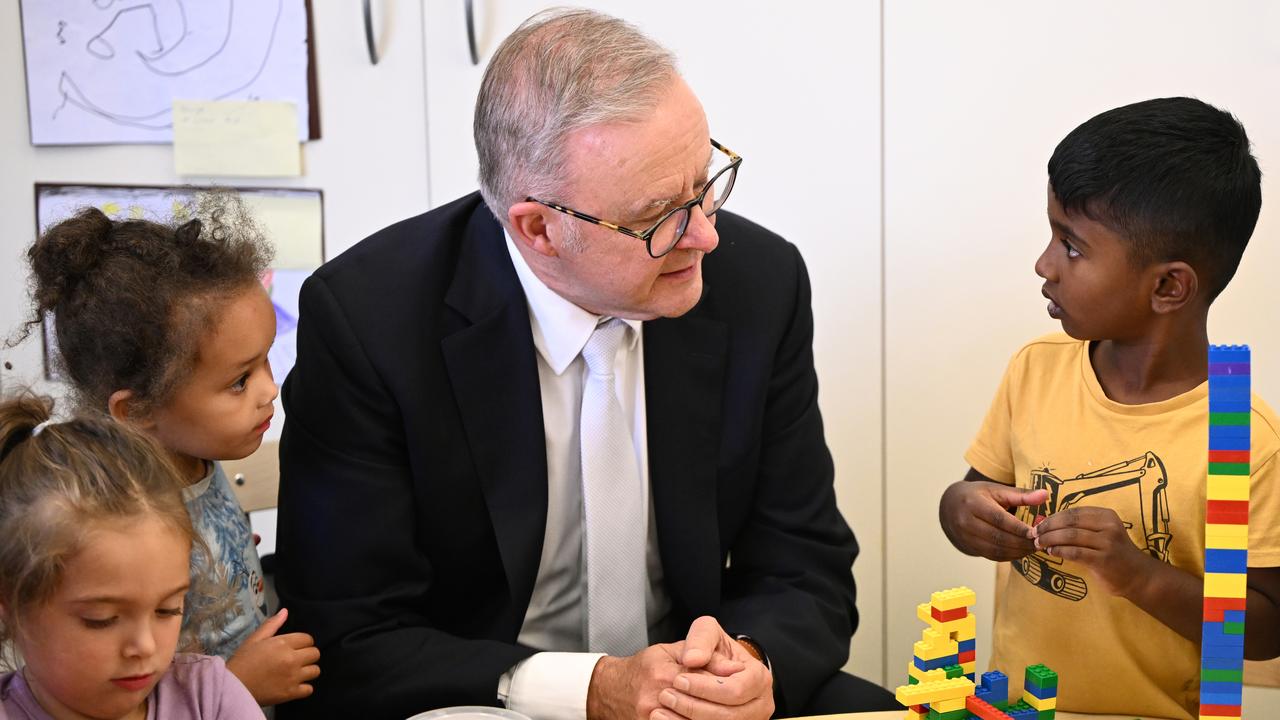
Prime Minister Anthony Albanese said the reports were shocking and more needed to be done to fix working with children checks.
“It’s hopeless, and we need to do better, quite clearly, and these revelations are a wake-up call for state and territory governments in terms of the regulations,” he told ABC Radio on Friday.
“The reports that we’ve seen recently have shocked parents and (are) every parent’s worst nightmare. That’s why we are taking action at the national level.”
Recommendations for a national scheme were made in 2015 as part of a royal commission into child sexual abuse.
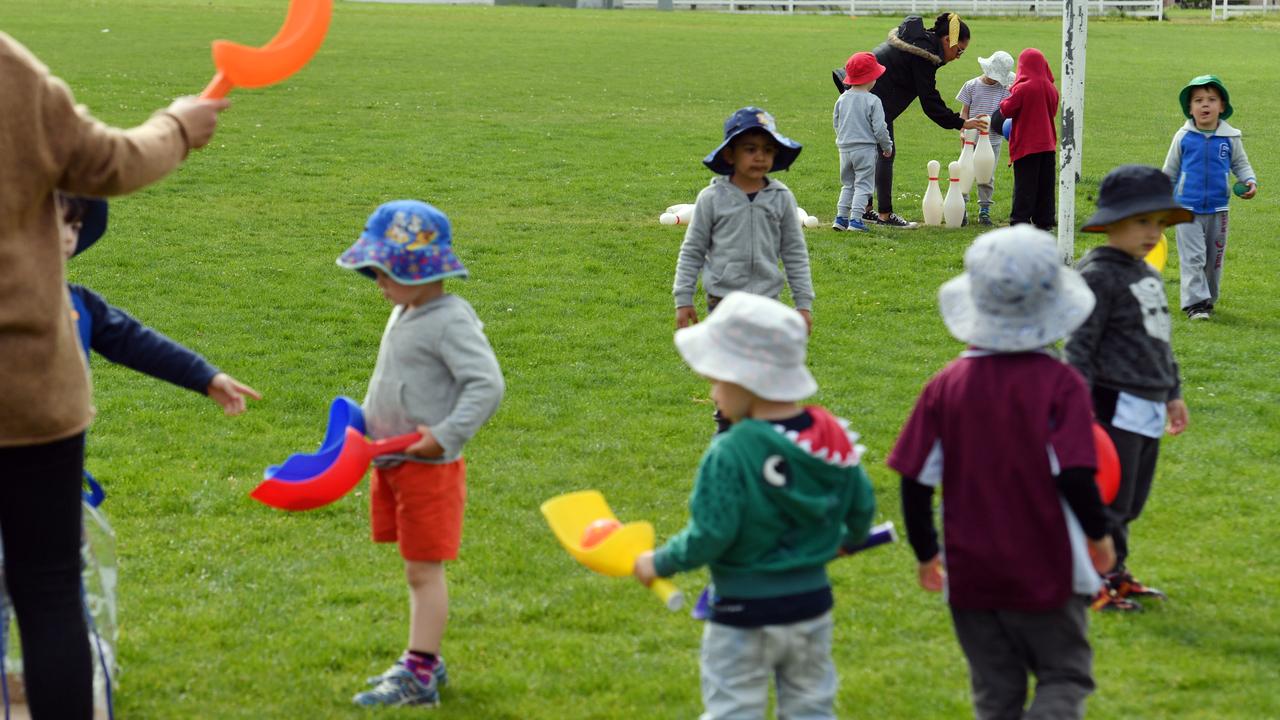
Ms Rowland acknowledged the reform had not happened quickly enough and had been “let down by successive governments at all levels”.
“We are here as representatives of the states, territories and Commonwealth to say we’re here to make that right, and that is why we are taking decisive action,” she said.
A NSW parliamentary inquiry on Thursday was told childcare centres were not checking whether staff were allowed to work with children before they were hired.
The inquiry was also told banned workers were able to remain in the industry for years without oversight.
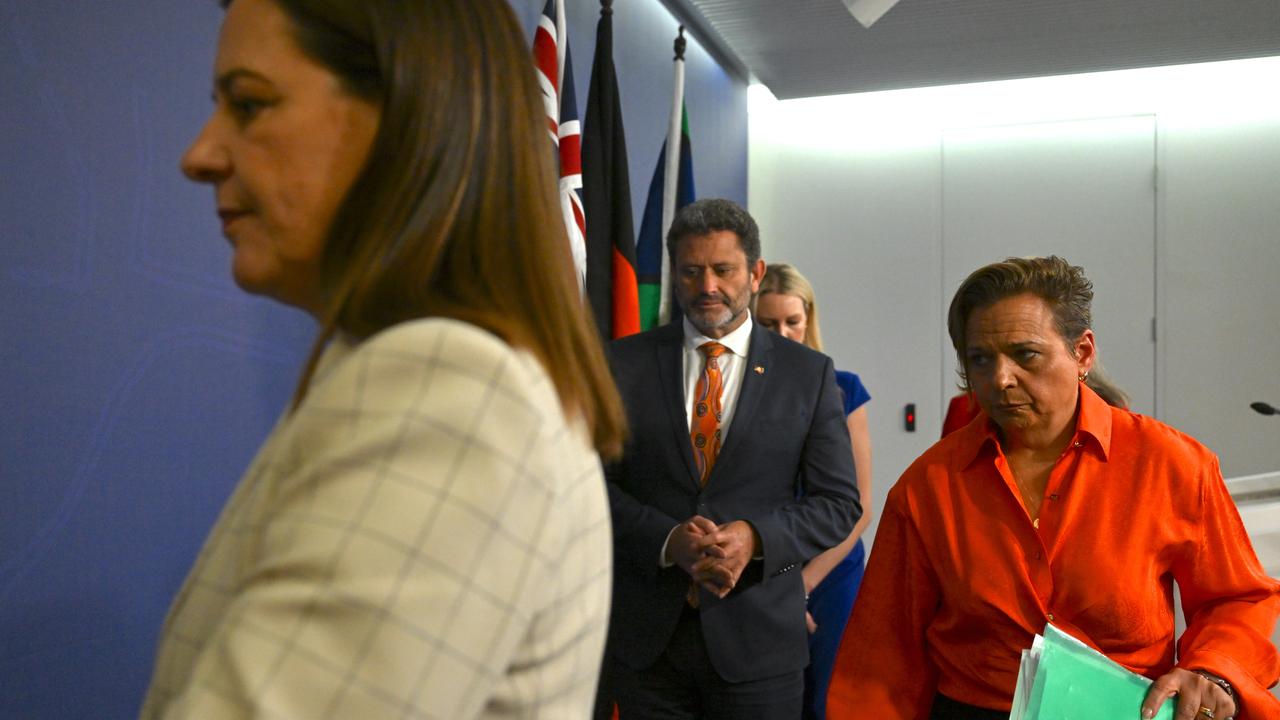
Opposition education spokesman Jonno Duniam said “there is no time to waste to put stronger measures in place to protect children in child care”.
The Greens will move to establish a senate inquiry into the safety and quality of early childhood education when parliament resumes later in August.
The nation’s education ministers will meet next week to consider further child safety laws for childcare centres.
Among the measures being considered are use of CCTV in centres and mandatory child safety training.
1800 RESPECT (1800 737 732)
National Sexual Abuse and Redress Support Service 1800 211 028
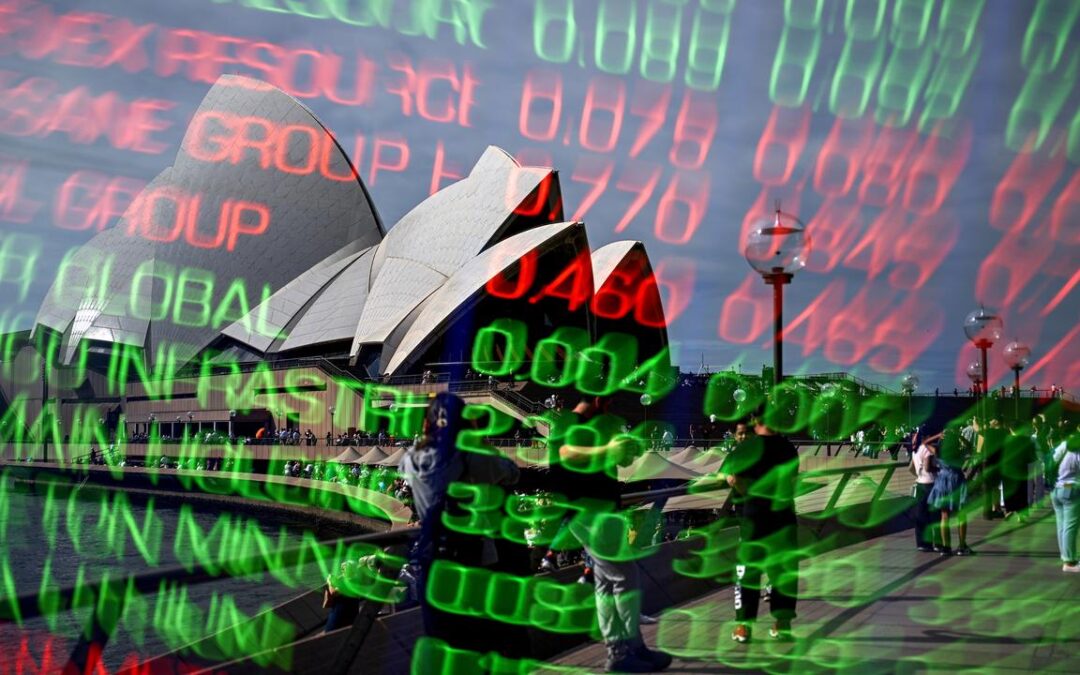
Aussie shares make history with record-breaking streak
Australia’s key benchmark index has spiked above 8,900 points for the first time, making five record resets in five sessions for the local bourse.
The S&P/ASX200 spiked to a fresh high of 9,177.3, before easing to 8,882.6 points by midday, up 8.8 points, or 0.12 per cent, as the broader All Ordinaries gained 11.9 points, or 0.13 per cent, to 9161.
IG Markets analyst Tony Sycamore said it was a feat “unprecedented over the past decade”.
“This week’s gains have followed a rally on Wall Street, the Reserve Bank’s recent 25-basis-point rate cut to 3.6 per cent, and July’s in-line labour force report, reinforcing the RBA’s cautious 2025 rate cut strategy and teasing further cuts ahead, most likely in November and February.”
Friday’s relatively steady start came after a flat US session overnight, after producer price growth in the world’s largest economy weighed on expectations of the timing and magnitude of future interest rate cuts.
“Today we expect the local market to be mostly flat, as traders await earnings calls,” Moomoo market strategist Paco Chow said.
“We’ve got a long way to go in Australian earnings season, but despite some misses, we’re seeing good news.”
Westpac was one such example, leading the big four banks for a second-straight day after it posted a solid boost in quarterly profit on Wednesday and helping financials edge 0.1 per cent higher.
CBA was on track for a third session of losses, down 7.5 per cent to $165.60 since its full-year results raised questions about its lofty valuation.
Seven of 11 local sectors were trading higher, with energy ahead of the pack with a one per cent gain as Ampol surged more than seven per cent after announcing it will buy up EG Group’s Australian service station portfolio for $1.1 billion.
Utilities stocks showed continued strength, up more than four per cent since Thursday, as Origin Energy continued to rally after posting a bumper full-year profit.
The materials sector was back in the green after snapping an eight-session winning streak on Thursday, up 0.6 per cent and tracking with similar gains in iron ore giants BHP, Fortescue and Rio Tinto.
Local gold miners edged higher thanks to an uptick in the greenback against the Aussie dollar, as futures in the precious metal edged 0.5 per cent lower to $US3,383 ($A5,205) an ounce.
So-called “digital gold” Bitcoin tanked almost six per cent after hitting a fresh peak above $US124,000 (A$190,830) on Thursday, and is trading just under US$118,700.
Healthcare stocks slipped 0.5 per cent and were the worst performing sector, as hearing device manufacturer Cochlear slipped 1.6 per cent after its $392 million underlying net profit missed market expectations.
Shares in Mirvac also fell as the property group swung to a statutory net profit of $68 million from a $805 million loss the year before.
The Australian dollar is buying 64.96 US cents, down roughly one per cent since Thursday’s labour force report, which showed the labour market was re-entering a period of gradual softening, Westpac economist Mantas Vanagas said.
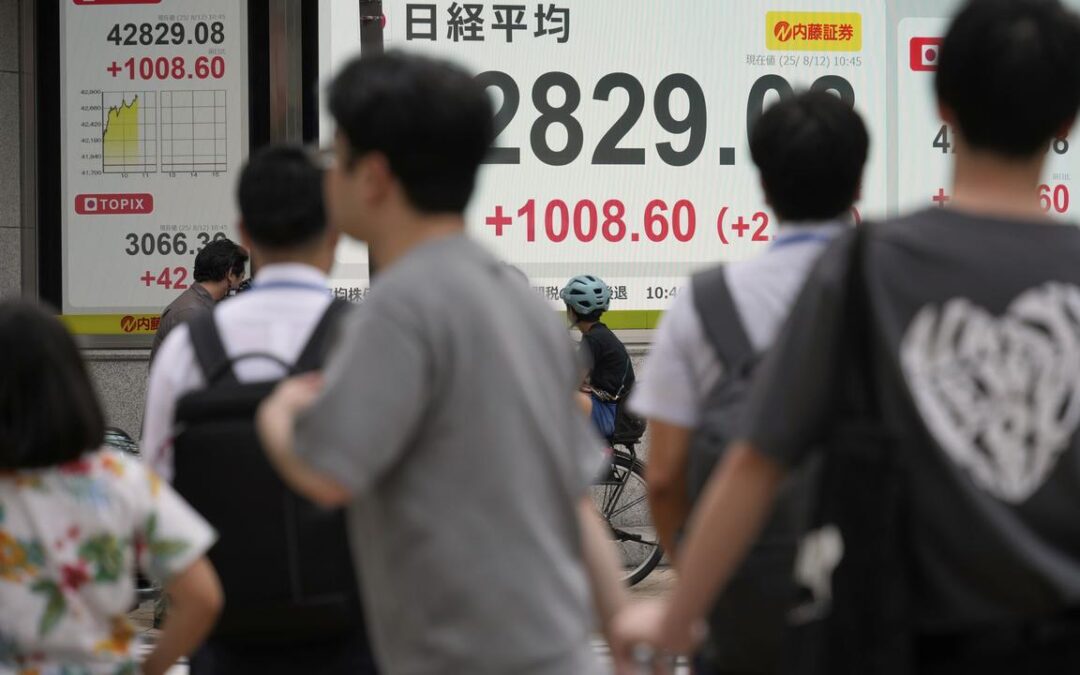
Asia markets stumble as Fed rate cut hype reined in
Stocks in Asia made an uneven recovery as higher-than-expected producer price inflation dampened expectations of a jumbo rate cut at the Federal Reserve’s September meeting, while US bonds and equity futures stabilised.
MSCI’s broadest index of Asia-Pacific shares outside Japan was down 0.3 per cent after a report on Thursday from the Bureau of Labor Statistics which showed the Producer Price Index increased 0.9 per cent in July on a month-over-month basis, well above economists’ expectations.
“What it did was to get rid of all the chat about a 50 basis point cut,” said Mike Houlahan, director at Electus Financial Ltd in Auckland.
The market is currently pricing in a 92.1 per cent probability of a 25 basis point rate cut at its September meeting, compared with a 100 per cent likelihood of a cut on Thursday, according to the CME Group’s FedWatch tool. The chance of a jumbo 50 basis point cut fell to zero per cent from an earlier expectation of 5.7 per cent a day ago.
US stock futures were flat in early Asian trading after ending a choppy trading session on Wall Street with mild gains on Thursday. The yield on the US 10-year Treasury bond was down 1 basis point at 4.2829 per cent.
The two-year yield, which is sensitive to traders’ expectations of Fed fund rates, slipped to 3.7304 per cent compared with a US close of 3.739 per cent. Nasdaq futures extended losses into a third consecutive day, sliding 0.1 per cent lower.
The dollar index, which tracks the greenback against a basket of currencies of other major trading partners, retraced some gains after the PPI data release, last trading down 0.1 per cent at 98.143.
The Nikkei 225 rebounded 0.4 per cent after snapping a six-day winning streak on Thursday with its biggest one-day selloff since April 11, as Japanese GDP data showed the economy expanding by an annualised 1.0 per cent in the April-June quarter, beating analyst estimates. The dollar weakened 0.3 per cent against the yen to 147.64.
Australian shares were last up 0.2 per cent, while stocks in Hong Kong were down 0.9 per cent following losses on Thursday for US-listed exchange-traded funds tracking Chinese companies.
The CSI 300 gave up early gains and was last trading flat after the release of weaker-than-expected Chinese economic data for July including retail sales and industrial production.
Markets in India and South Korea are closed for public holidays.
Cryptocurrency markets stabilised after a new record for bitcoin of $US124,480.82 ($A191,777.05) on Thursday proved fragile and promptly crumbled after falling short of its next key milestone. The digital currency was last up 0.7 per cent, recovering some ground, while ether gained 1.7 per cent.
“Bitcoin’s failure to conquer the $US125,000 ($A192,577) resistance signals another consolidation phase,” said Tony Sycamore, a market analyst at IG in Sydney.
In commodities markets, Brent crude was flat at $US66.94 ($A103.13) per barrel ahead of a meeting in Alaska between US President Donald Trump and Russian leader Vladimir Putin.
Gold was slightly lower as the markets digested the path of inflation-adjusted interest rates, which typically move in the opposite direction from bullion prices. Spot gold was trading up 0.1 per cent at $US3,339 ($A5,144) per ounce.
In early European trades, the pan-region futures were up 0.4 per cent, German DAX futures were up 0.3 per cent at 24,489, and FTSE futures were up 0.5 per cent.
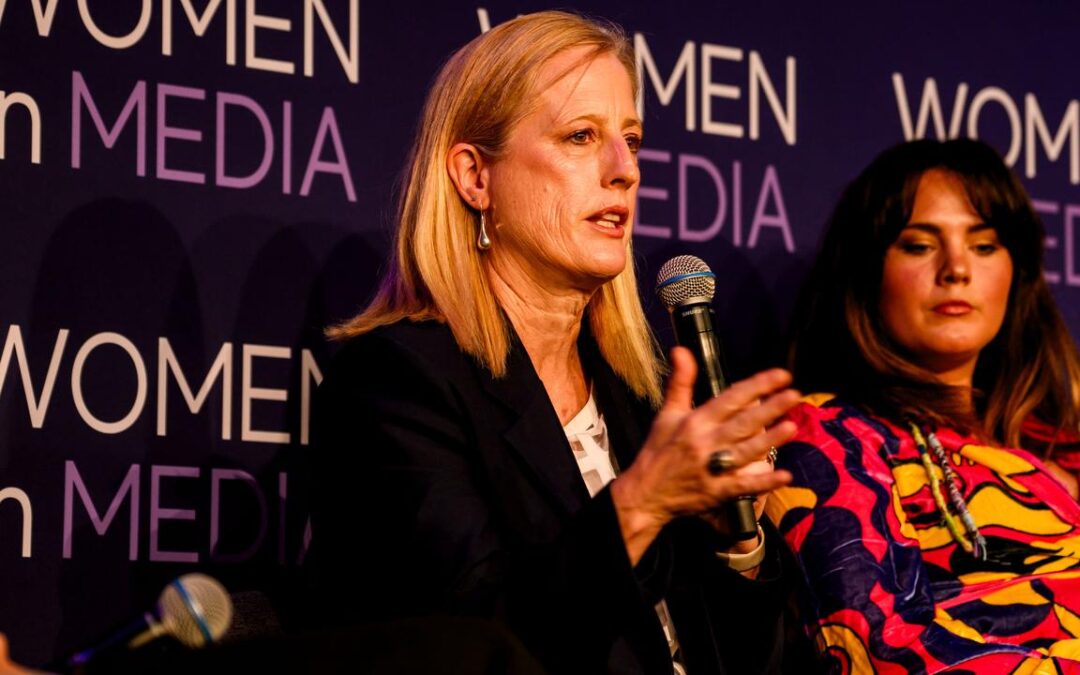
Women urged to ‘remain vigilant’ to safeguard progress
Some young men believe women are receiving all the opportunities in a way that is impacting male rights, with Minister for Women Katy Gallagher calling it a “worrying trend”.
But while diversity, equity and inclusion (DEI) policies are being wound back overseas, most notably by the Trump administration in the US, Australian workers are not experiencing the same pushback.
“In Australia, our ethos of everyone having a fair go and treating people equally is really strong – certainly across business, community and government,” Senator Gallagher told the Women in Media national conference on Friday.
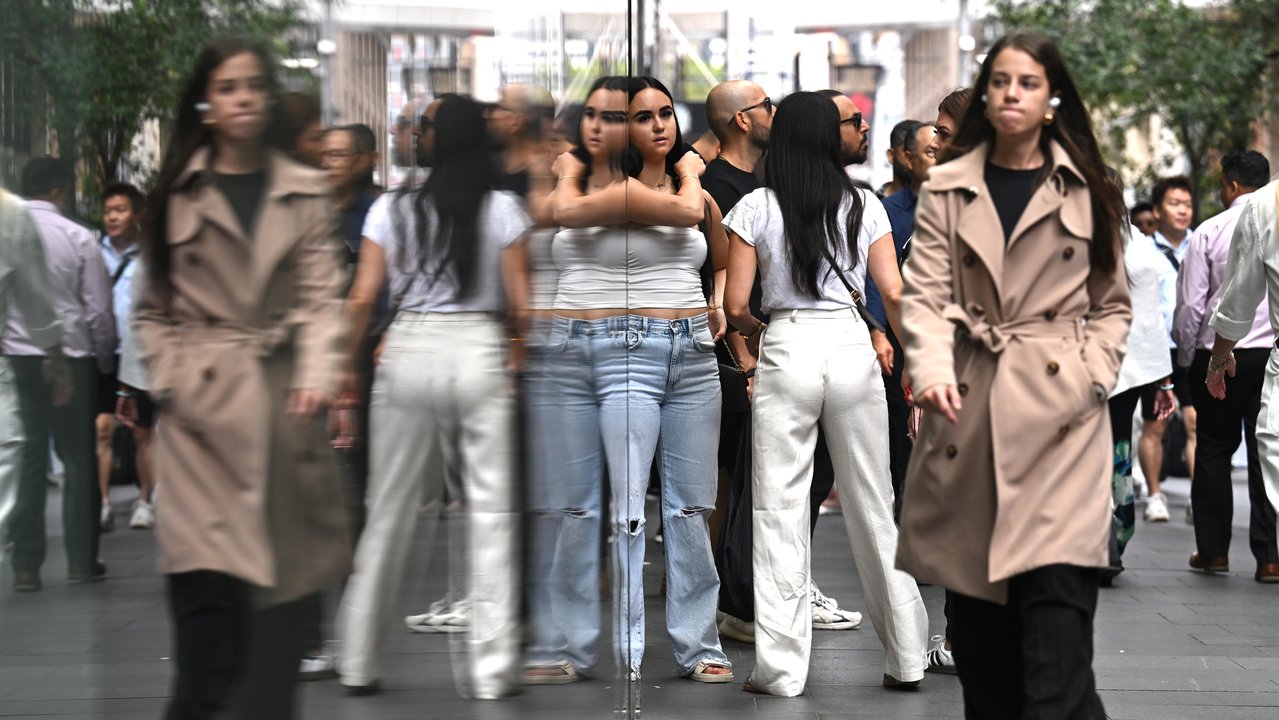
“There is a worrying trend emerging … particularly with young men thinking that women are getting too much and that their rights are going backwards, and there’s too much focus on women.”
Senator Gallagher wants to embed reforms in favour of women and diversity so they cannot be reversed by a change in government.
The Australian Labor Party has the first gender-equal cabinet in the federal parliament’s history, with a caucus comprising 56 per cent women.
But Senator Gallagher remembered the “fierce resistance” from men within the party when affirmative action was first introduced decades ago.
In 1994, the party agreed to introduce quotas for women, with a target to have women represent 35 per cent of Labor candidates preselected for winnable federal seats by 2002.
“Our caucus is starting to look like the Australian people – our community that we’re there to represent – but it wasn’t easy and we’ve got to remain vigilant,” Senator Gallagher said.
“You can make gains but you cannot take your eye off the ball, because those gains can be taken away just as quickly as you reached them.”
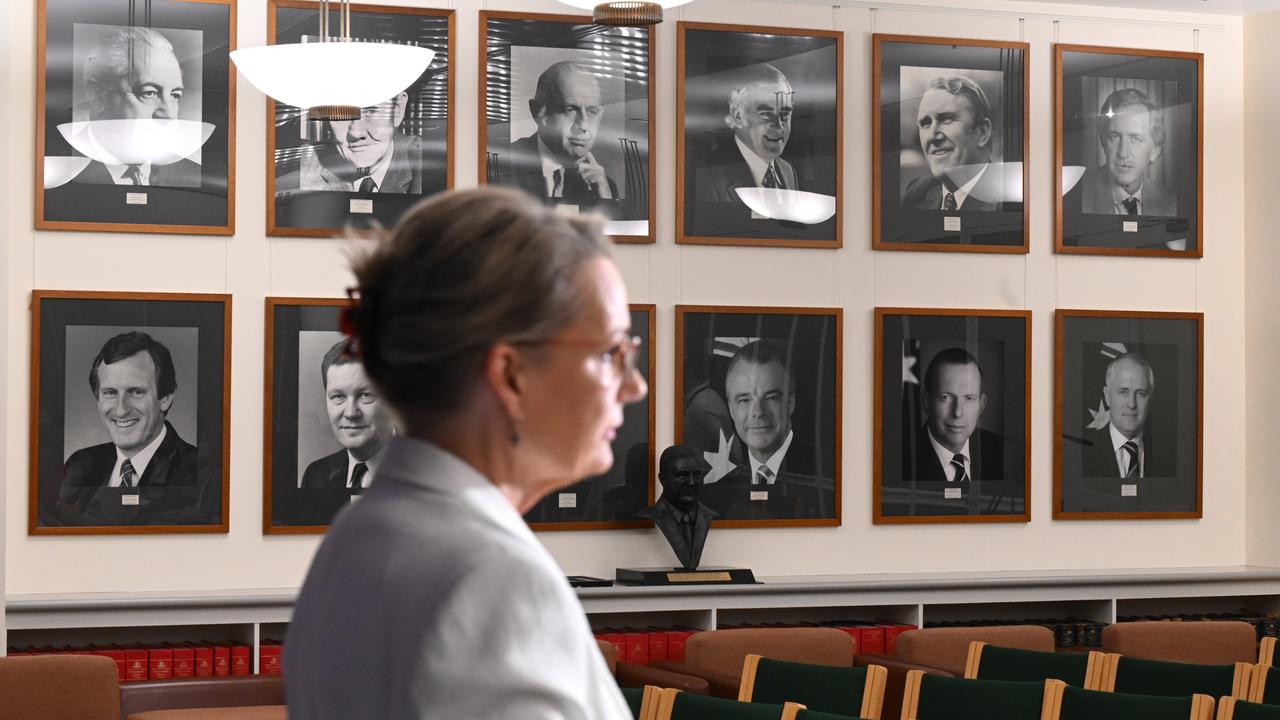
In May, Opposition Leader Sussan Ley became the first female federal Liberal leader but the overall number of women in the party has not increased significantly in a decade.
Just 33 per cent of MPs in the federal coalition are women.
Hilma’s Network founder Charlotte Mortlock said she had tried to talk about quotas for the Liberal Party “quietly” during the previous term of government, but nobody listened.
“When you are accustomed to privilege, equality can feel like oppression,” she said.
“Nobody wants quotas, nobody wants DEI and we all wish that this would happen organically but when it’s not, at what point do you say, ‘OK, this is no longer working’?”
Ms Mortlock said it was important not to demonise men in the pursuit of more opportunities and representation for women.
“We have to be responsible in the language that we are using because when young men go off the rails, it impacts women,” she said.
“It is in (women’s) interest to have really healthy, flourishing, well-rounded men.”
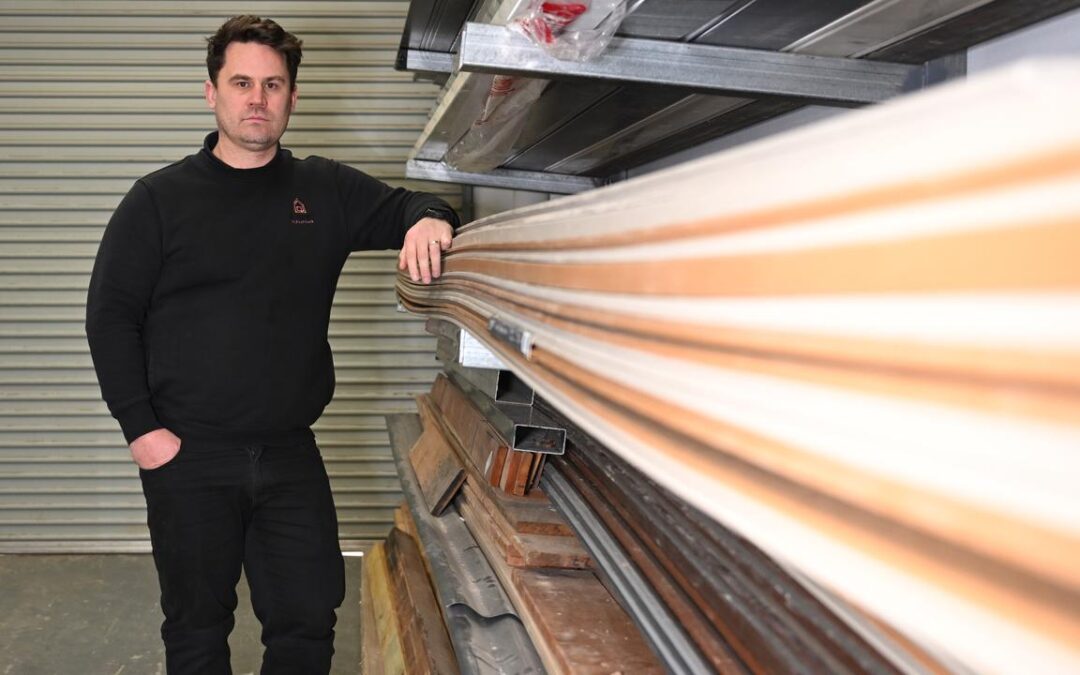
Cutting ‘nightmarish’ red tape may awaken productivity
Border-crossing tradies and other small business owners are being hammered by regulatory burdens, but a sweeping plan to slash red tape could save them more than $1 billion a year.
Canberra-based deck builder Xavier Duffy is forced to navigate a confusing labyrinth of approvals every time he takes on a new project.
His business, ACT Decks, operates in three NSW council areas, as well as the ACT, meaning minor differences in rules across jurisdictions can cause his workload to balloon.
“We’re just spending so much time on compliance and submitting this form and that form, it’s a bit of a nightmarish situation,” he told AAP.
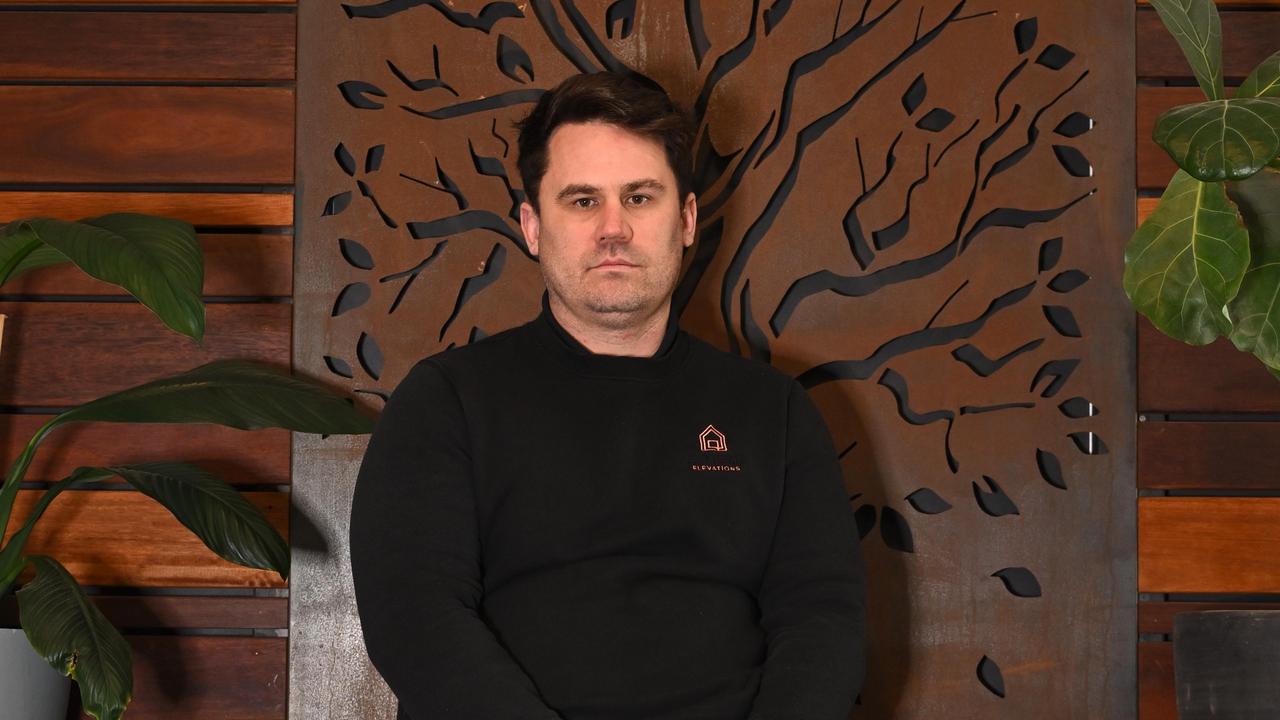
“Governments are trying to regulate their way out of poor construction and I don’t think that’s going to solve the issue.
“You’re making everything slower and more difficult.”
For example, a retaining wall in the ACT is exempt from approvals if it is under a metre, but in NSW approval is needed if they are above 600 millimetres, Mr Duffy says.
Unlike NSW, where he can upload all his plans to one portal, the ACT requires his business to send plans to every entity involved, which can stretch the timelines of his projects.
These issues are widespread across the construction industry and threaten to derail home building as Australia buckles under a housing crisis.
“My business is suffering all the symptoms that homebuilders would be facing,” he said.
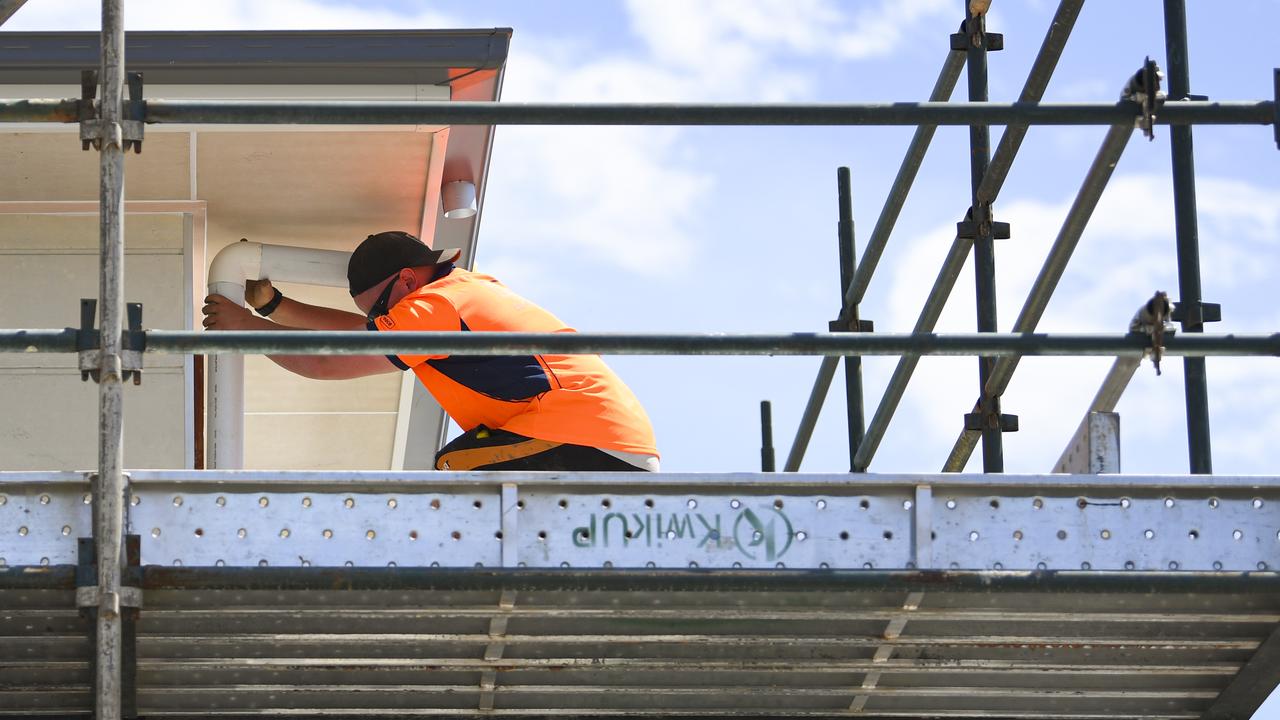
“If I’m waiting a couple of months to get a deck and pergola through, then people wanting to build a house or do an extension are waiting many more months than that.
“We need to make changes very quickly because with rates starting to come down and confidence building back in the construction industry, we are going to run into a very tough time if everyone starts coming out of the woodwork wanting to build.”
The Business Council of Australia has pointed to this kind of red tape as a handbrake that impacts many sectors across the country.
Cafe owners in Victoria are forced to apply for 36 separate licences and approvals before they can pour their first coffees, the council’s report found.
Tradies on the Gold Coast must pay hundreds of dollars for permits just to fix a tap on the other side of the NSW border because of “unnecessary and inefficient regulation”.
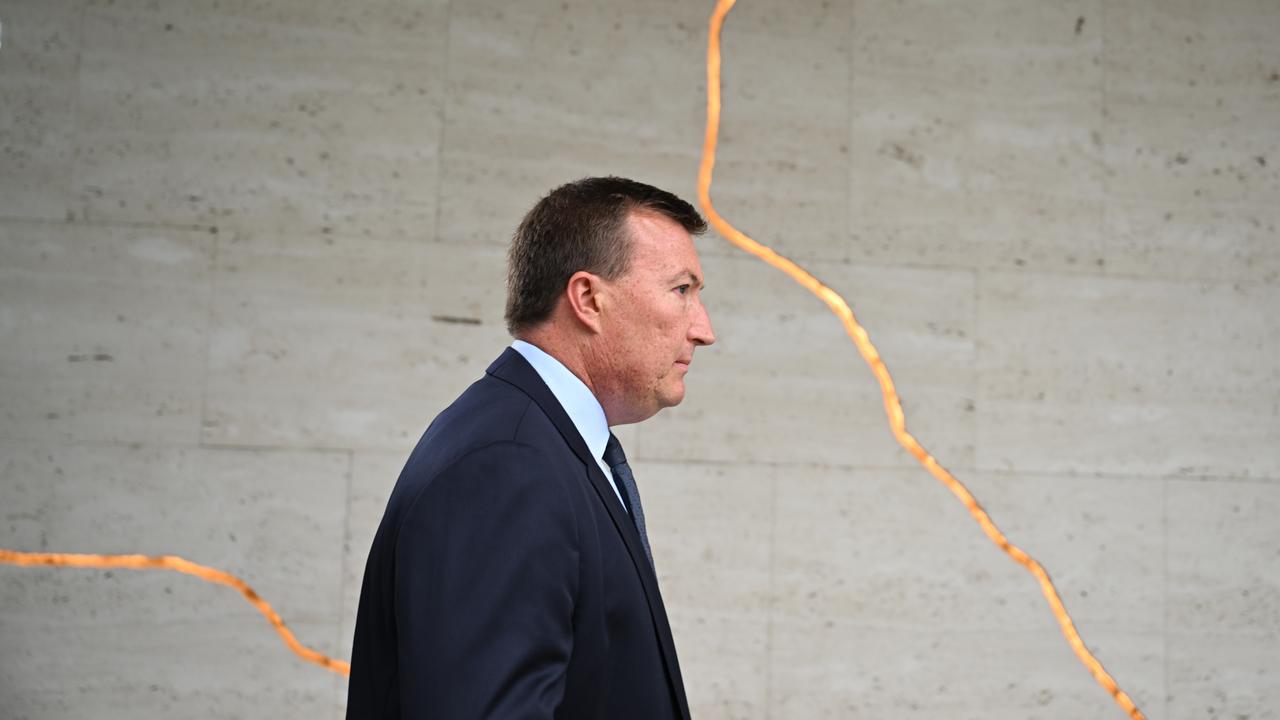
The council is urging the federal government to address regulation, estimating a one per cent reduction in compliance burdens would save consumers $1 billion per year through lower costs and reduced delays.
“We have become too complex a country in which to do business and that’s a massive handbrake on our ability to lift productivity and living standards,” chief executive Bran Black said.
“We need to be working smarter, not harder.”
The council’s report made recommendations aimed at improving regulations and making it easier to invest, employ people and do business.
It urged Australia to harmonise anti-discrimination legislation, workers’ compensation and long-service leave entitlements across the states and territories.
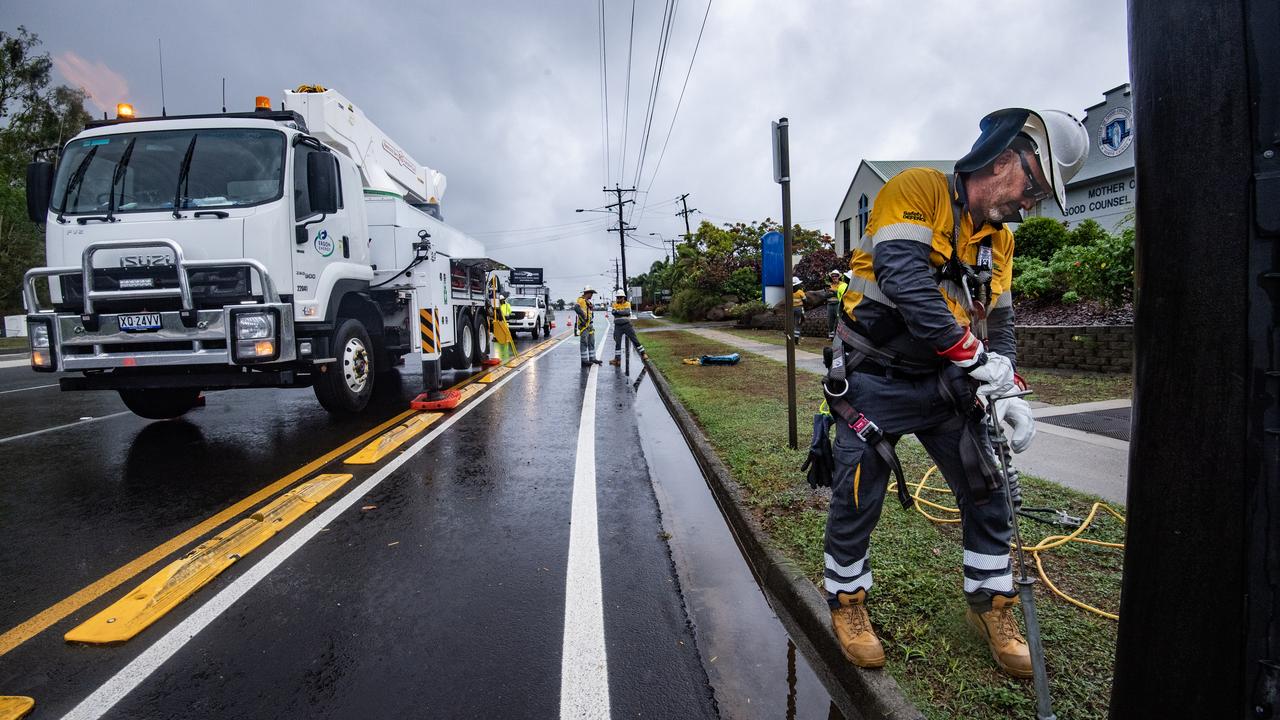
Streamlining occupational licences for workers who need specific accreditations to do their jobs will offer more mobility and allow workforces to more easily migrate to areas of need.
The Business Council also backs calls to reform Australia’s main environment laws to streamline assessment and approvals while also strengthening environmental protections.
Its recommendations could be considered when Treasurer Jim Chalmers convenes his economic roundtable on Tuesday.
During the event, a range of experts are expected to discuss ways to lift living standards by boosting productivity, building resilience and strengthening the budget.
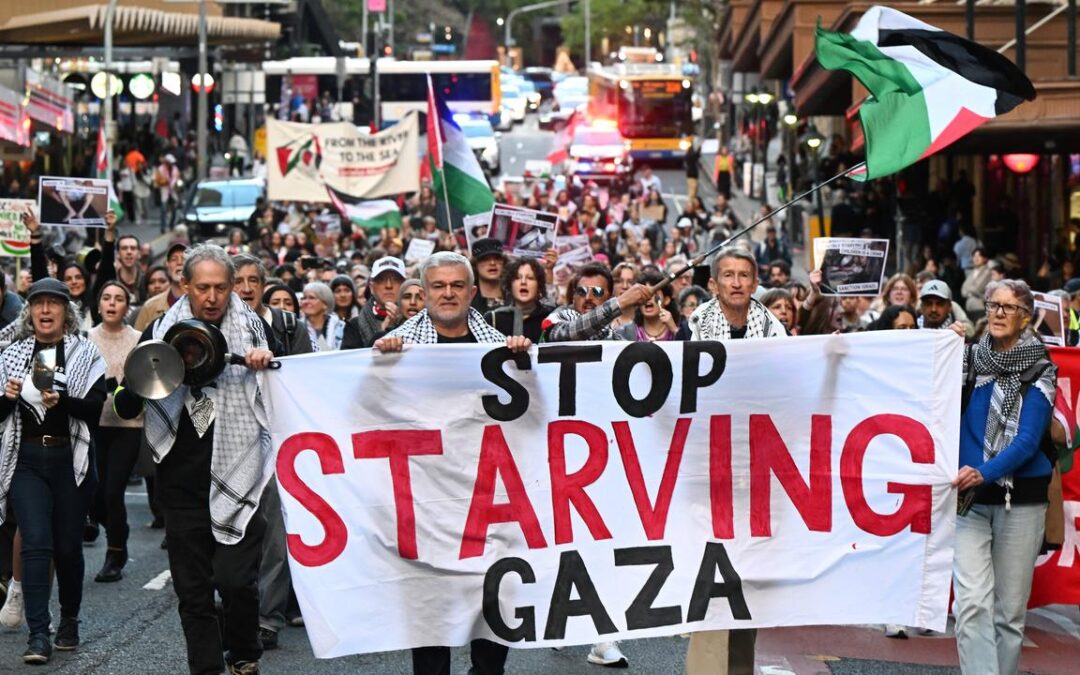
PM defends Palestine recognition after US ‘disgust’
The prime minister has returned verbal fire at a US diplomat, throwing his words back at him to defend Australia’s recognition of Palestine.
Australia on Monday revealed it would join other Western nations, including the UK, France and Canada, in recognising a state of Palestine at the United Nations General Assembly in September, in response to the worsening humanitarian crisis in Gaza.
Mike Huckabee, who was appointed America’s ambassador to Israel by President Donald Trump in April, said the US was taken aback and stressed there was an “enormous level of disappointment and some disgust” over the announcement.
But Anthony Albanese backed Australia’s decision, saying the continued human suffering in Gaza had disgusted the nation.
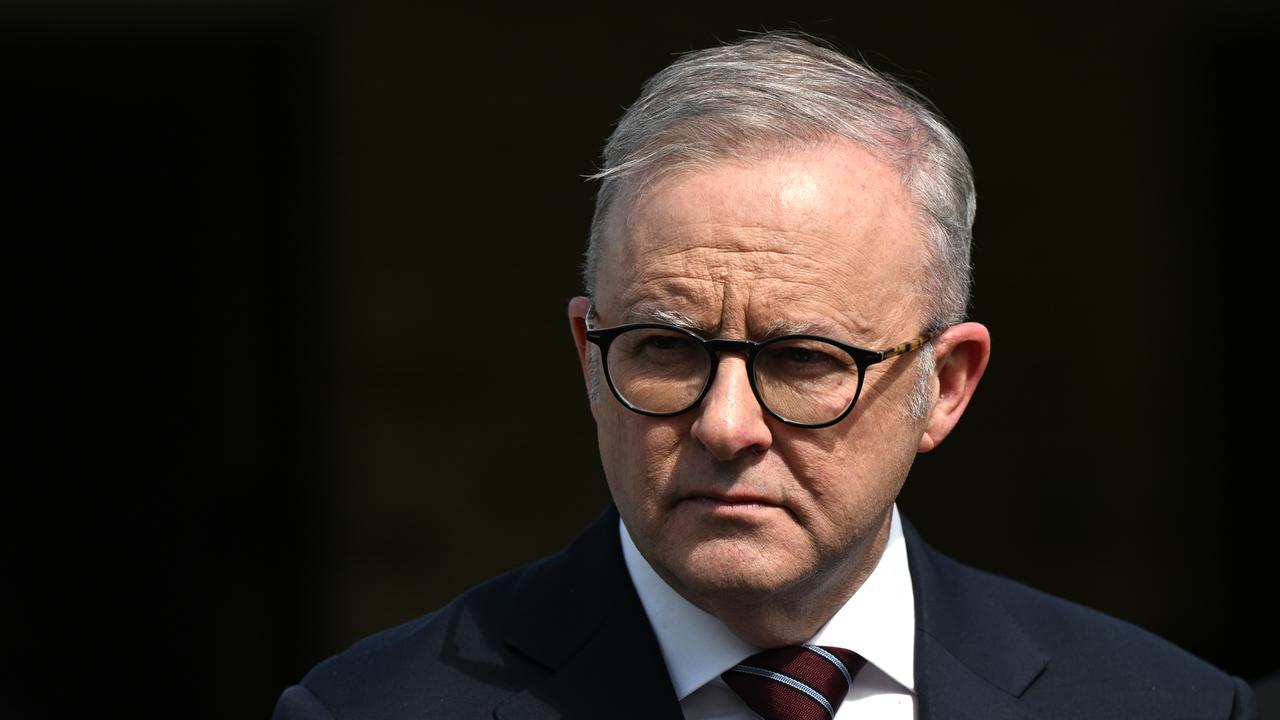
“He is an ambassador of a country – not Australia – to another country,” he told ABC Radio on Friday.
“My job is to represent Australia’s interest and Australians have been disgusted by what they see on their TV every night.
“When you have children starving, when you have children losing their lives with families queuing for food and water, that provokes – not surprisingly – a human reaction.”
Mr Huckabee also criticised the timing of the statehood announcement.
“What Australia and the other countries may have done inadvertently is to push Israel towards doing exactly what they’re afraid of,” he told ABC’s 7.30 program on Thursday night.
“The result of this has been to completely halt any type of thoughtful negotiations going forward.”
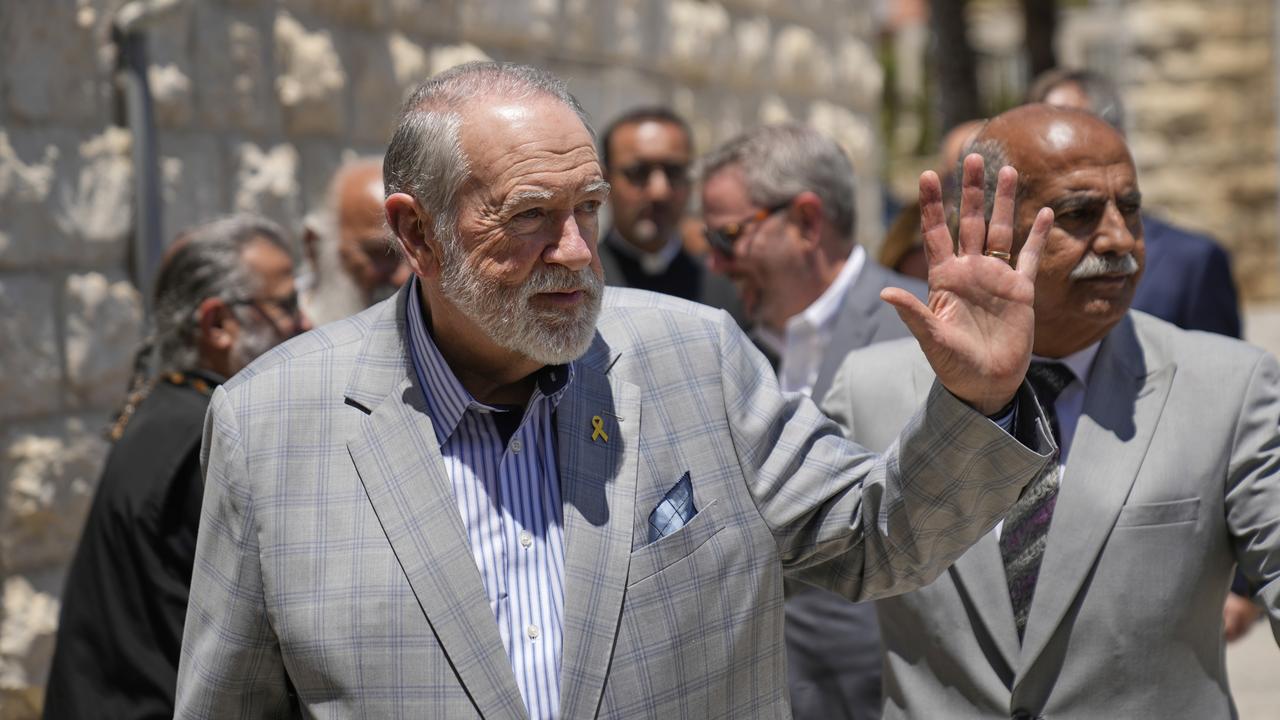
Almost 150 out of the 193 UN member states already recognise the state of Palestine.
While the ambassador said the US got “no heads up” about Australia’s decision, Foreign Minister Penny Wong did inform US Secretary of State Marco Rubio ahead of it being made public and Mr Albanese also spoke in advance with Israeli Prime Minister Benjamin Netanyahu.
But Liberal senator Jane Hume continued to claim Americans on both sides of politics had been shocked by Australia’s decision on statehood.
“This decision by the Labor government has bewildered the Americans, that (the government) essentially departed from years of a strong alliance between Israel and America and Australia to make this decision unilaterally,” she told Seven’s Sunrise.
The coalition has pledged to reverse Australia’s position if it wins the next election.
Australia’s decision to recognise a Palestinian state was fuelled in part by Israel’s newly unveiled plans to occupy Gaza City and came after at least 90,000 people marched across the Sydney Harbour Bridge in support of Palestine.
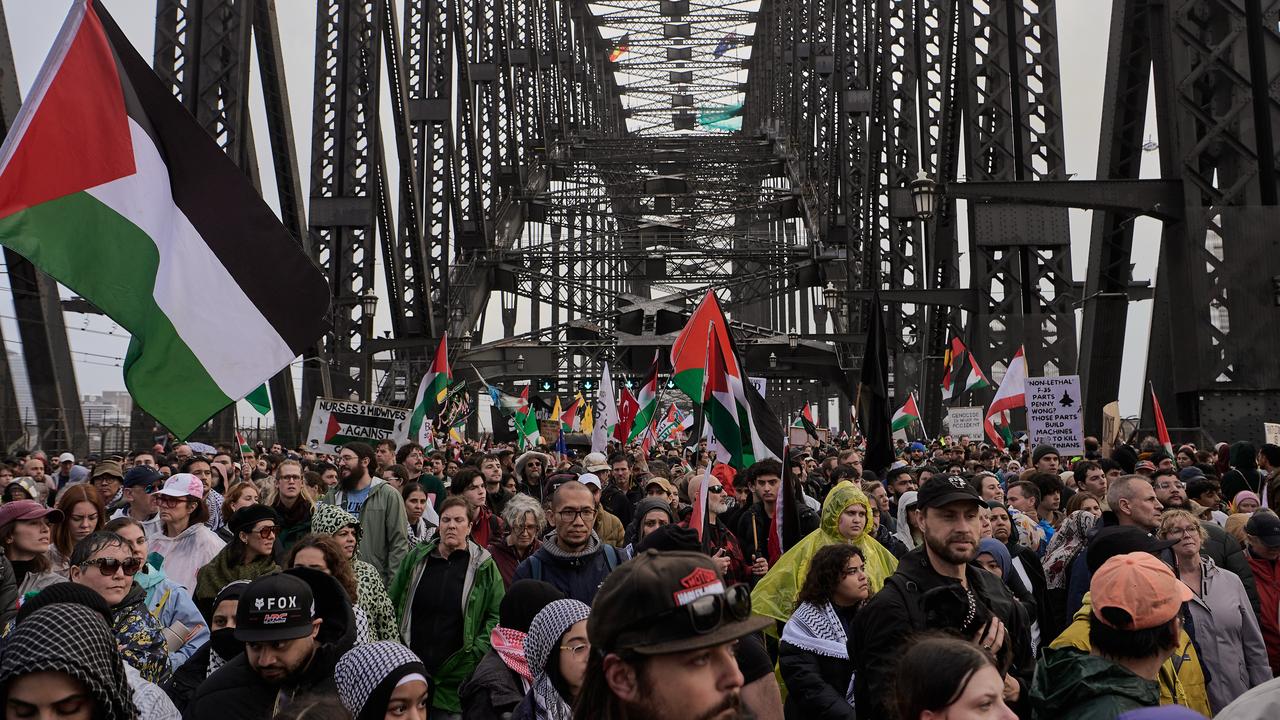
“There have been tens of thousands of people suggesting this is not the way forward. You just can’t continue with the same pattern without an endpoint,” Mr Albanese said.
“The endpoint has to be to isolate Hamas.”
The conditions for Australia’s recognition include assurances that the designated terrorist group Hamas, which controls Gaza, plays no role in a future state.
Many within the pro-Palestine movement say recognition will do nothing to change the situation on the ground, urging the government to go further and impose sanctions on Israel.
Israel’s campaign in Gaza has killed almost 62,000 Palestinians, including 18,000 children, since October 7, 2023, according to local health authorities.
It began after Hamas’s invasion on October 7, 2023, when it killed more than 1200 Israelis and took about 250 people hostage. Not all of the hostages have been released.
The UN projects 2.1 million people in Gaza face high levels of acute food insecurity, while 470,000 face catastrophic levels of food insecurity, after Israel throttled aid and resources into the territory.
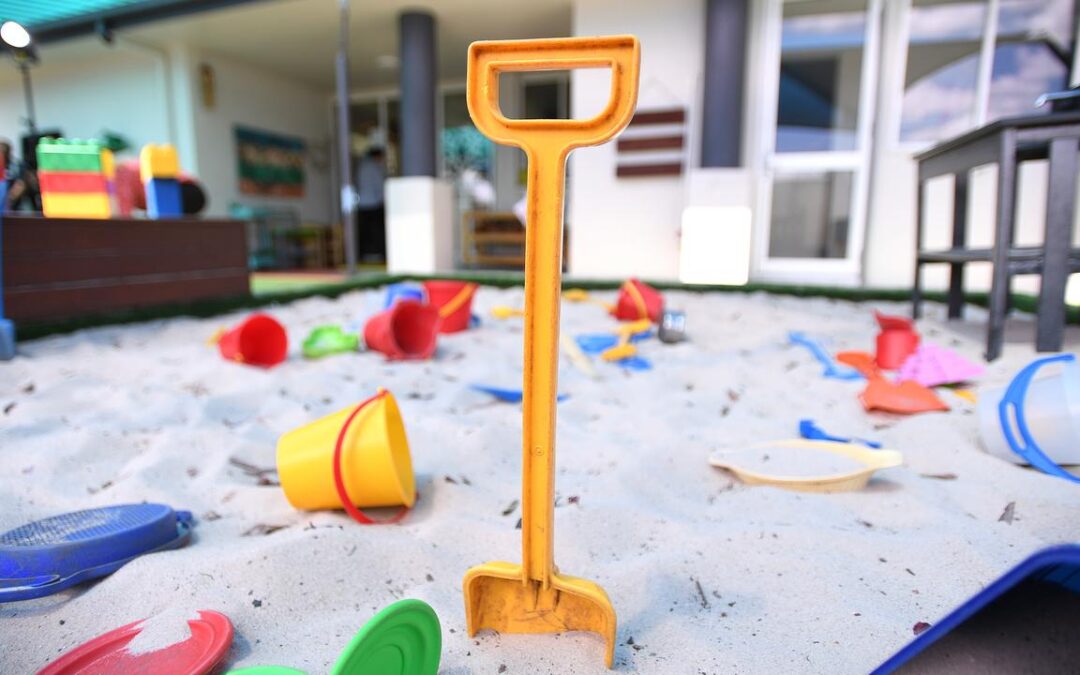
Legal top guns target national working with kids scheme
Current working with children check laws are “hopeless”, the prime minister concedes, as Australia’s top legal advisors meet to consider a national scheme.
Federal Attorney-General Michelle Rowland is meeting with state and territory counterparts in Sydney on Friday to discuss setting up a national system for working with children checks.
Calls for a unified system have been growing following multiple reports of abuse in childcare centres.
In one instance, a Victorian childcare worker was still allowed to retain his working with children check and work in the industry despite a major provider substantiating grooming allegations.
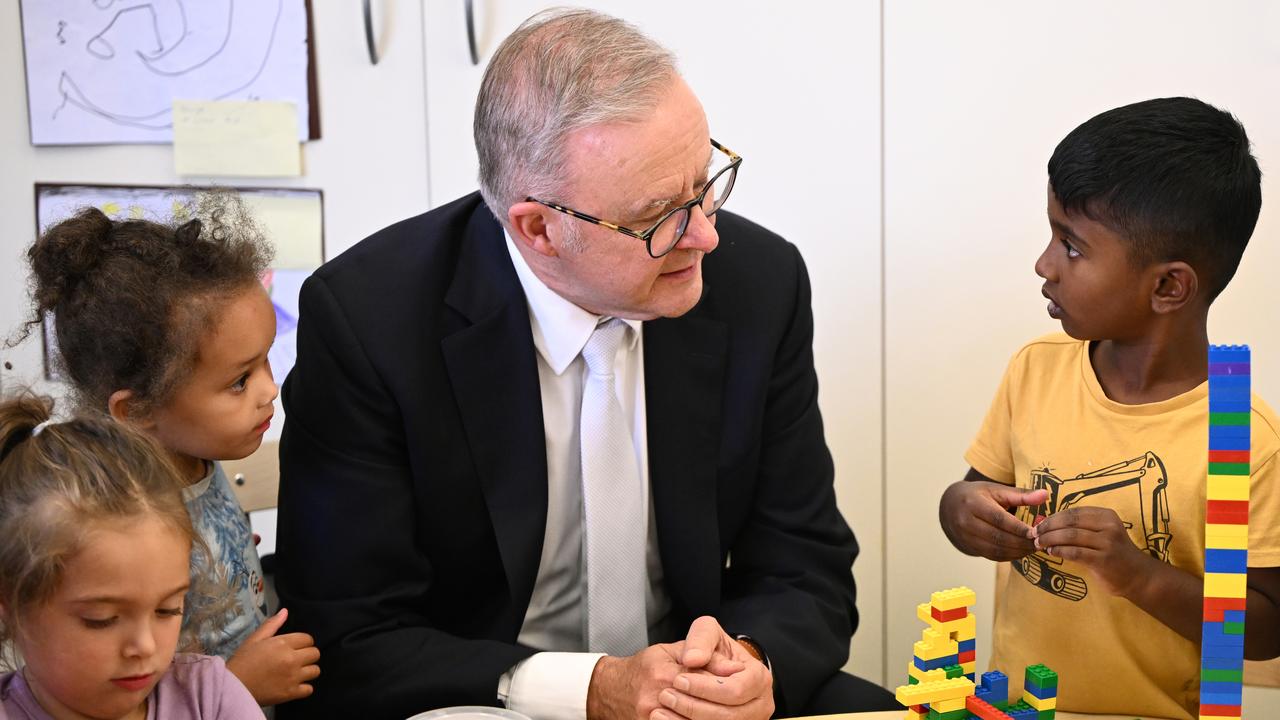
Prime Minister Anthony Albanese said the reports were shocking and indicated more needed to be done to fix working with children checks.
“It’s hopeless, and we need to do better, quite clearly, and these revelations are a wake-up call for state and territory governments in terms of the regulations,” he told ABC Radio on Friday.
“The reports that we’ve seen recently have shocked parents and every parent’s worst nightmare. That’s why we are taking action at the national level.”
Recommendations for a national working with children check scheme were made in the findings of the 2017 royal commission into child sexual abuse.
Ms Rowland conceded the reform had not happened quickly enough.
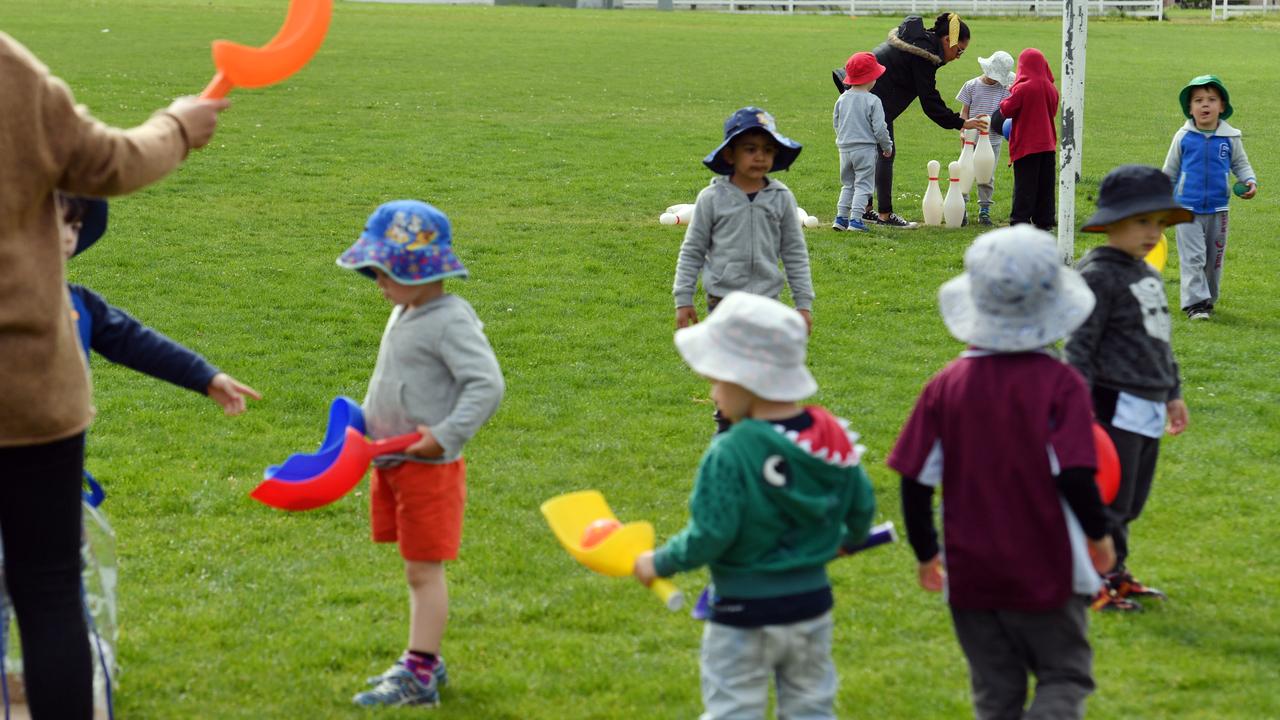
“All representatives of states and territories are united in the goal of making this system better and making it safer for children, which should be our top priority,” she told ABC Radio.
“I acknowledged this has taken too long, but I wish to reassure Australians that … this is top of the agenda.
“What this will mean is that someone who is banned in one state or territory is banned in all states and territories.”
Ms Rowland said a lack of a national scheme for working with children checks put young people at risk.
The attorney-general said she was hopeful a national scheme would be in place within 12 months.
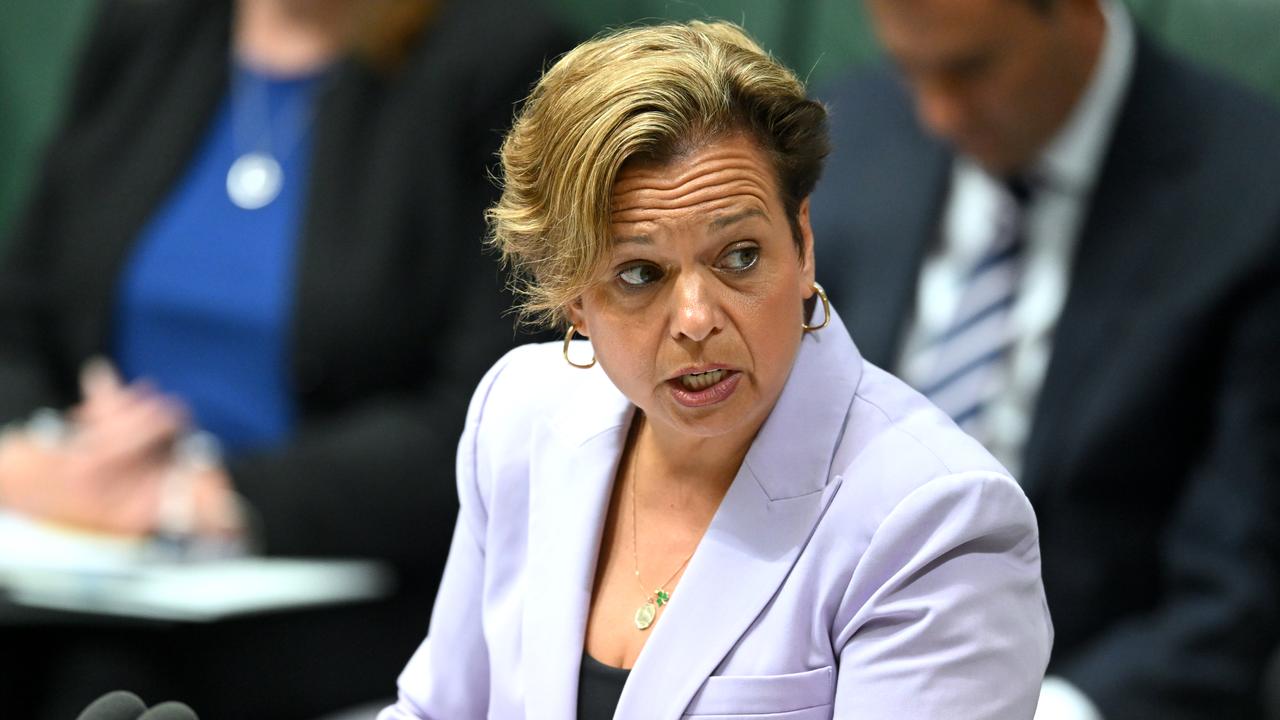
It comes as a NSW parliamentary inquiry on Thursday was told childcare centres were not checking whether staff were allowed to work with children before they were hired.
The inquiry was also told banned worker were able to work in the industry for years without oversight.
Liberal senator Jane Hume said a national scheme should have been implemented with “more urgency” when the coalition were last in government.
“This is the right approach, to get a nationally uniform approach to working with children checks,” she told Seven’s Sunrise program.
Laws passed by the federal parliament in July will strip funding from childcare centres not meeting compliance.
Education ministers will also meet next week to consider further child safety laws for childcare centres.
Among the measures being considered are use of CCTV in centres, as well as mandatory child safety training.
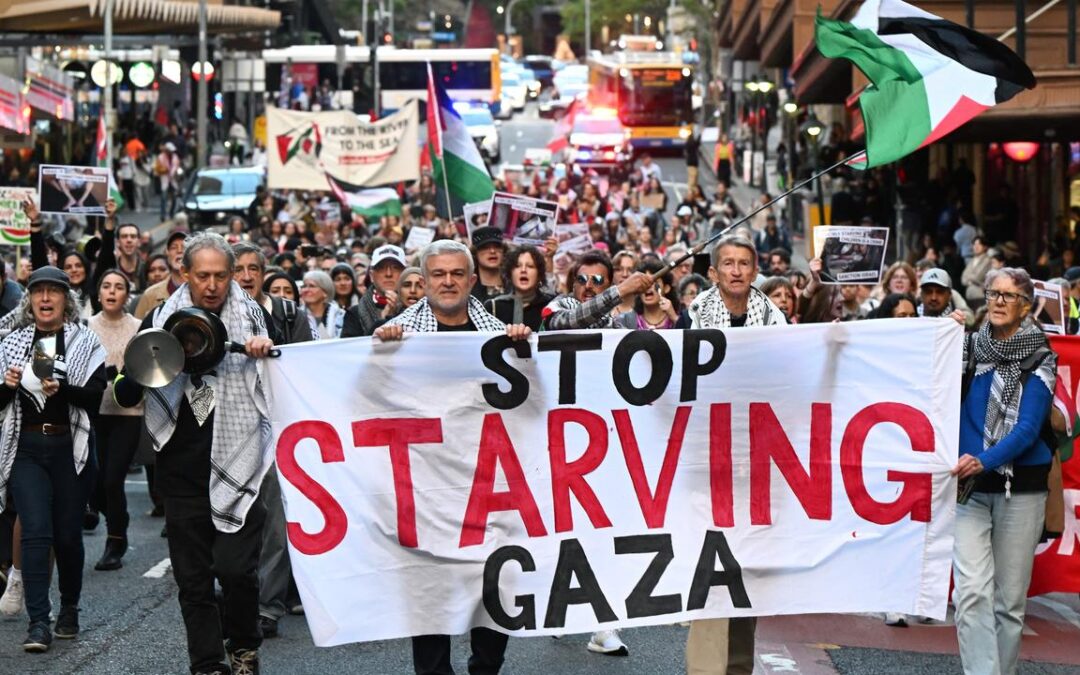
‘Disgust’: US diplomat attacks ALP’s Palestine decision
America’s ambassador to Israel has hit out at Australia’s decision to recognise Palestine, saying the US is “disappointed” by the decision.
Mike Huckabee, who was appointed to the ambassadorial role by President Donald Trump in April, said the US was taken aback by the federal government’s announcement on Monday.
“There is an enormous level of disappointment and some disgust,” he told ABC’s 7.30 program on Thursday night.
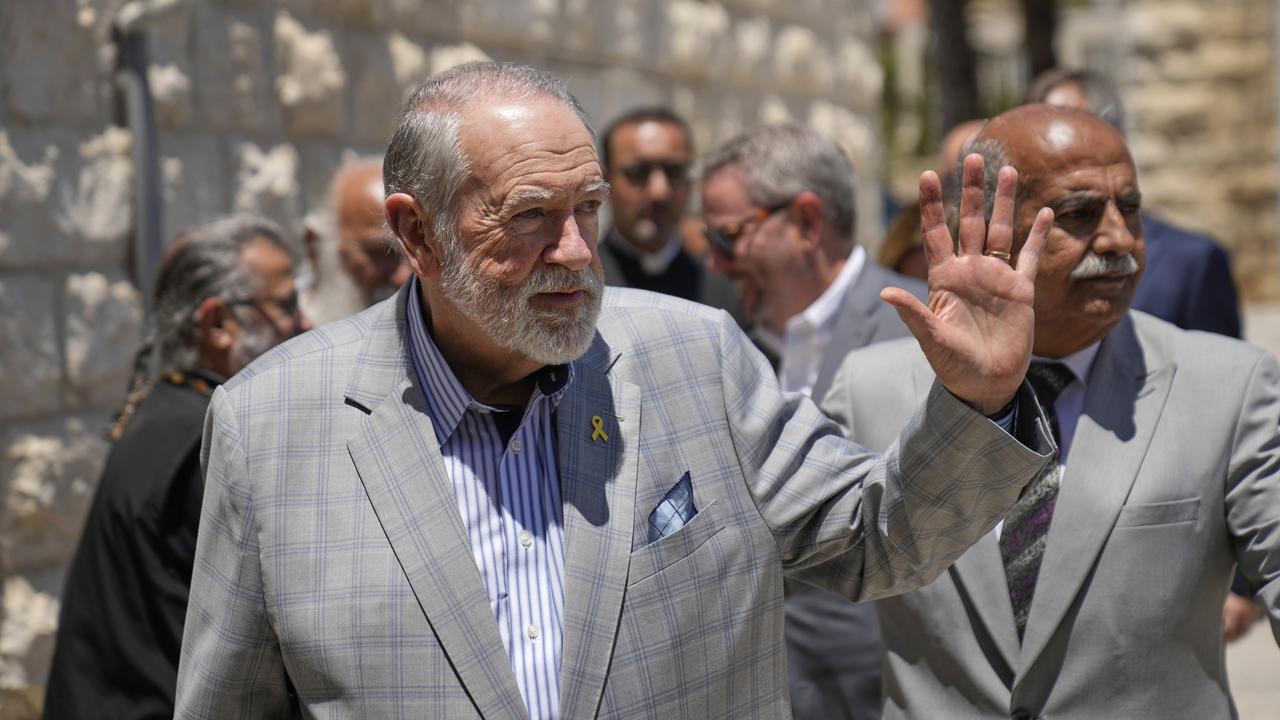
Mr Huckabee criticised the timing of the statehood announcement.
“What Australia and the other countries may have done inadvertently is to push Israel towards doing exactly what they’re afraid of,” he said.
“The result of this has been to completely halt any type of thoughtful negotiations going forward.”
Prime Minister Anthony Albanese will formally recognise Palestine at a United Nations General Assembly meeting in New York in September.
Australia’s decision comes after other western allies – the UK, France and Canada – unveiled plans to recognise statehood at the summit, with certain conditions.
The goal is to end the cycle of violence in Gaza sparked when the designated terrorist group Hamas attacked southern Israel on October 7, 2023, killing 1200 people and taking about 250 hostage.
Federal minister Mark Butler sought to downplay the ambassador’s comments.
“At the end of the day, this is the ambassador to Israel – his job is to manage the relationship between America and Israel,” he told Seven’s Sunrise program on Friday.
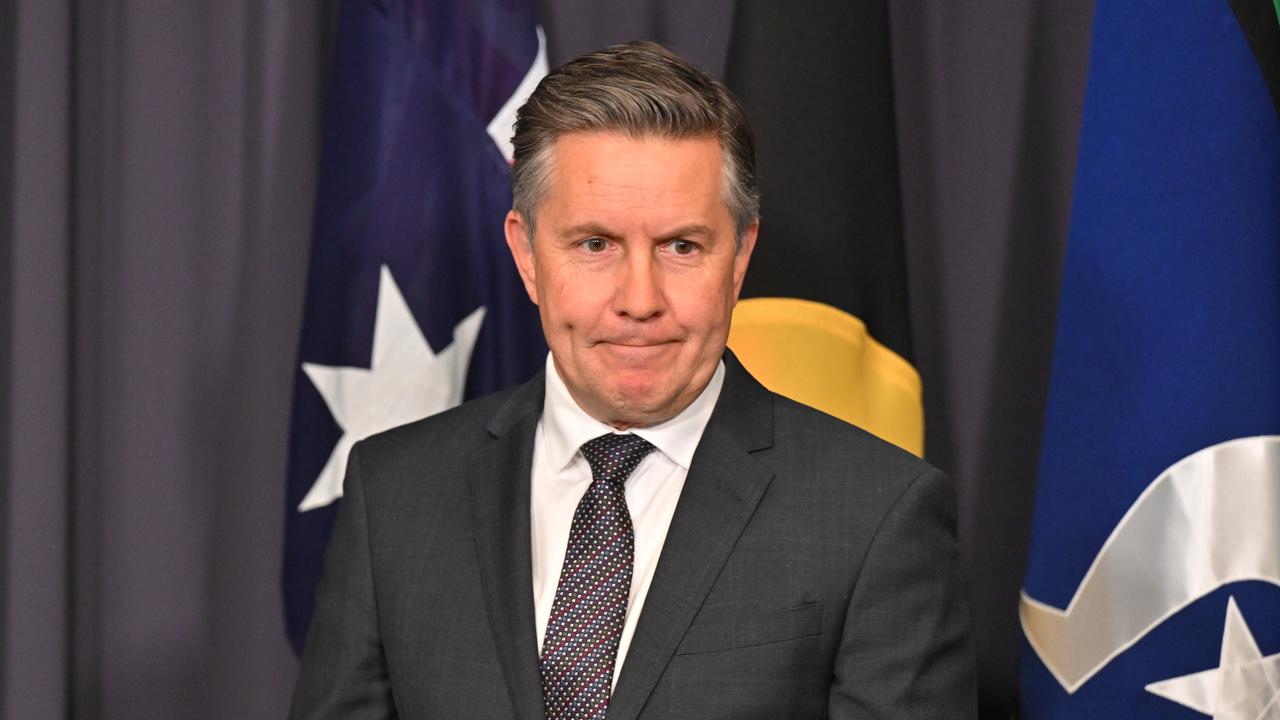
“We are convinced this is the right decision at the right time to help build momentum to break this cycle of violence.”
While Mr Huckabee said the US got “no heads up” about Australia’s decision, Foreign Minister Penny Wong did inform US Secretary of State Marco Rubio ahead of it being made public.
Mr Butler denied the US was not informed.
“There is a readout from the State Department about that conversation,” Mr Butler said.
“We’re convinced we’ve made the right decision.
“It wasn’t one taken lightly. It was one taken after weeks and weeks of consideration.”
Liberal senator Jane Hume said Americans on both sides of politics had been shocked by the decision on statehood.
“This decision by the Labor government has bewildered the Americans, that (the government) essentially departed from years of a strong alliance between Israel and America and Australia to make this decision unilaterally,” she told Seven’s Sunrise.
“This is going to set back the peace process by weeks, potentially months, maybe even years.”
Israel’s war on Hamas in Gaza has killed almost 62,000 Palestinians, including 18,000 children, according to local health authorities.
The UN projects 2.1 million people in Gaza are facing high levels of acute food insecurity, while 470,000 are facing catastrophic levels of food insecurity.
Hamas has still not released all of the Israeli hostages.
Mr Albanese has said Australia’s recognition is tied to a commitment that Hamas play no role in a future Palestinian state.
Almost 150 out of the 193 UN member states have already recognised the state of Palestine, including EU countries Spain and Ireland.
The coalition has pledged to reverse Australia’s position if it wins the next election.